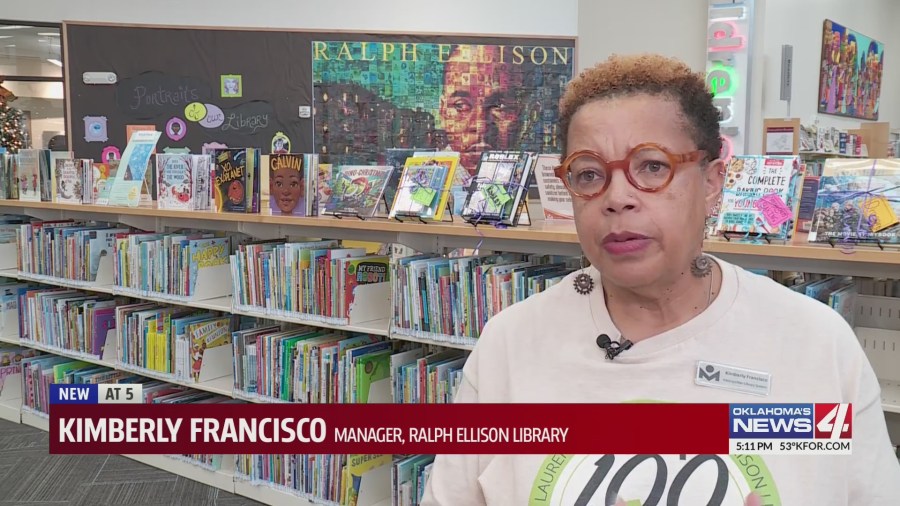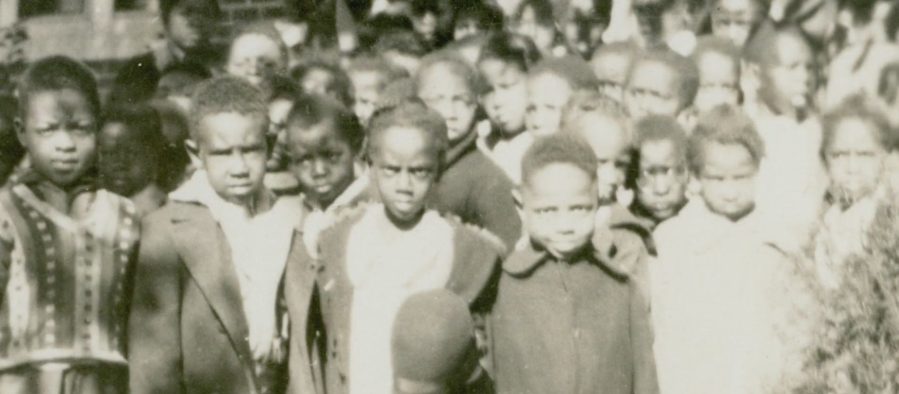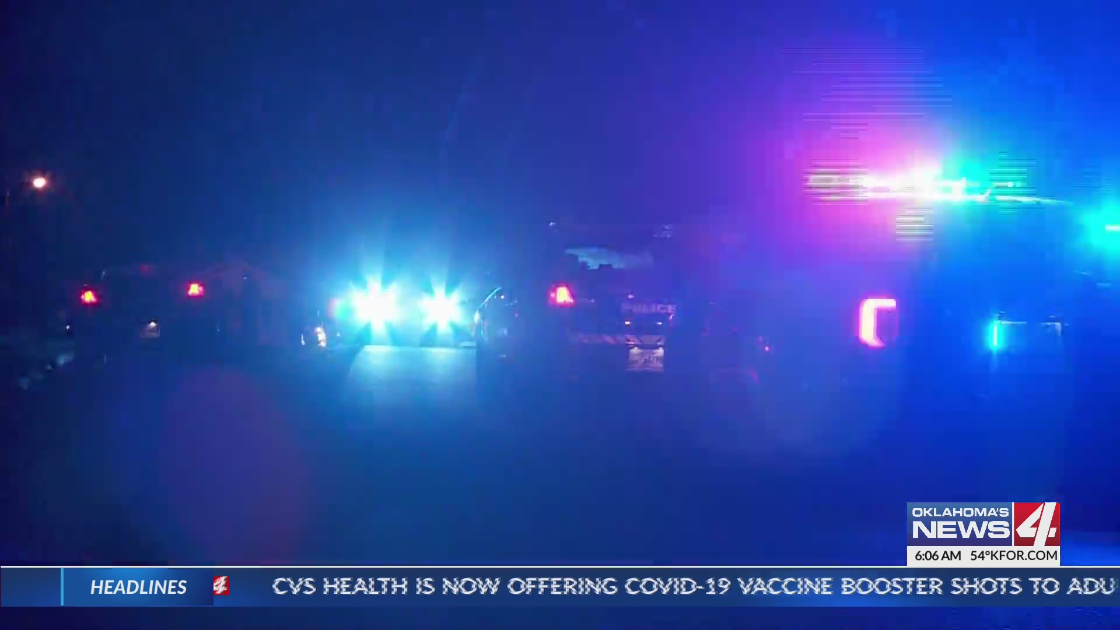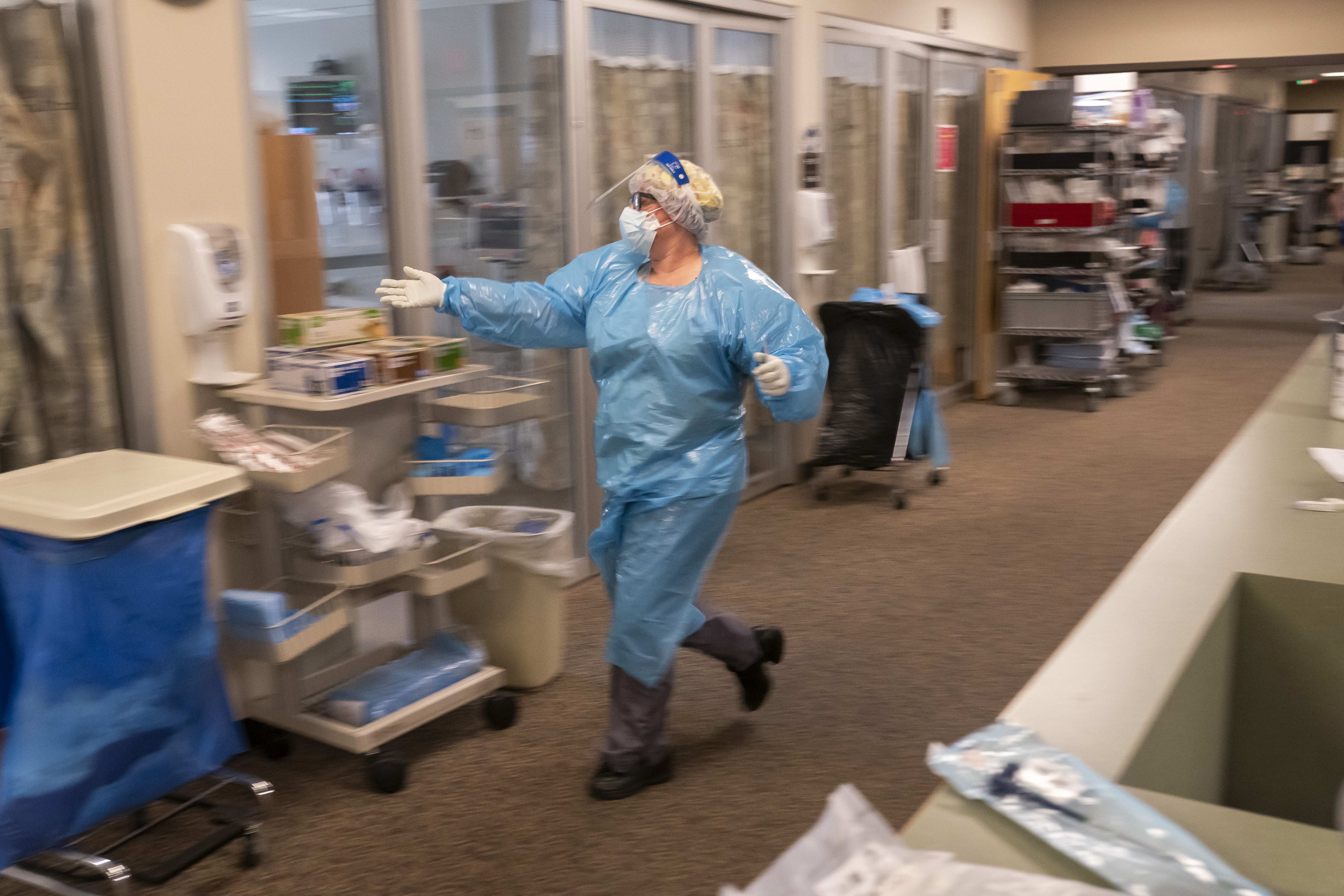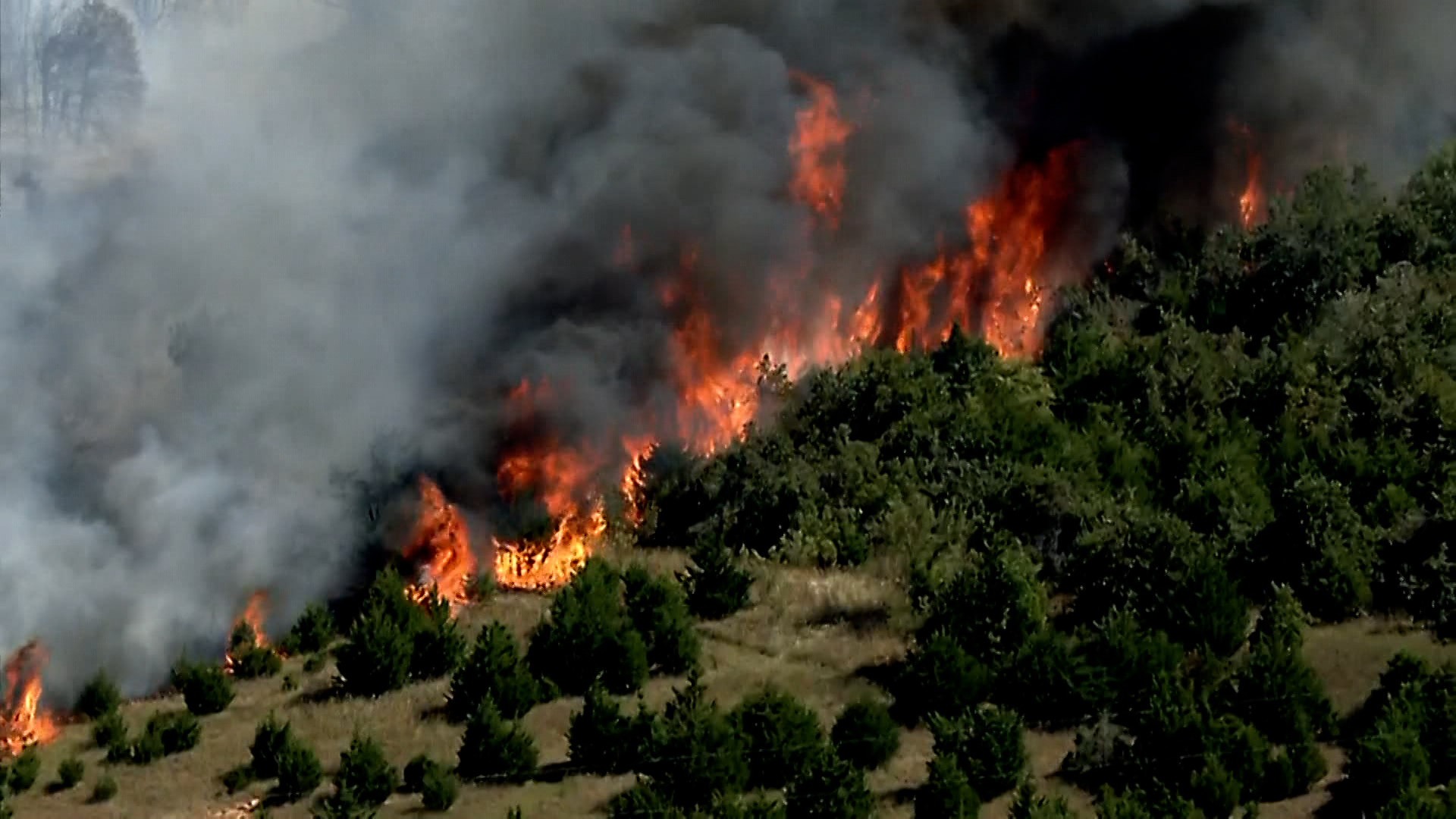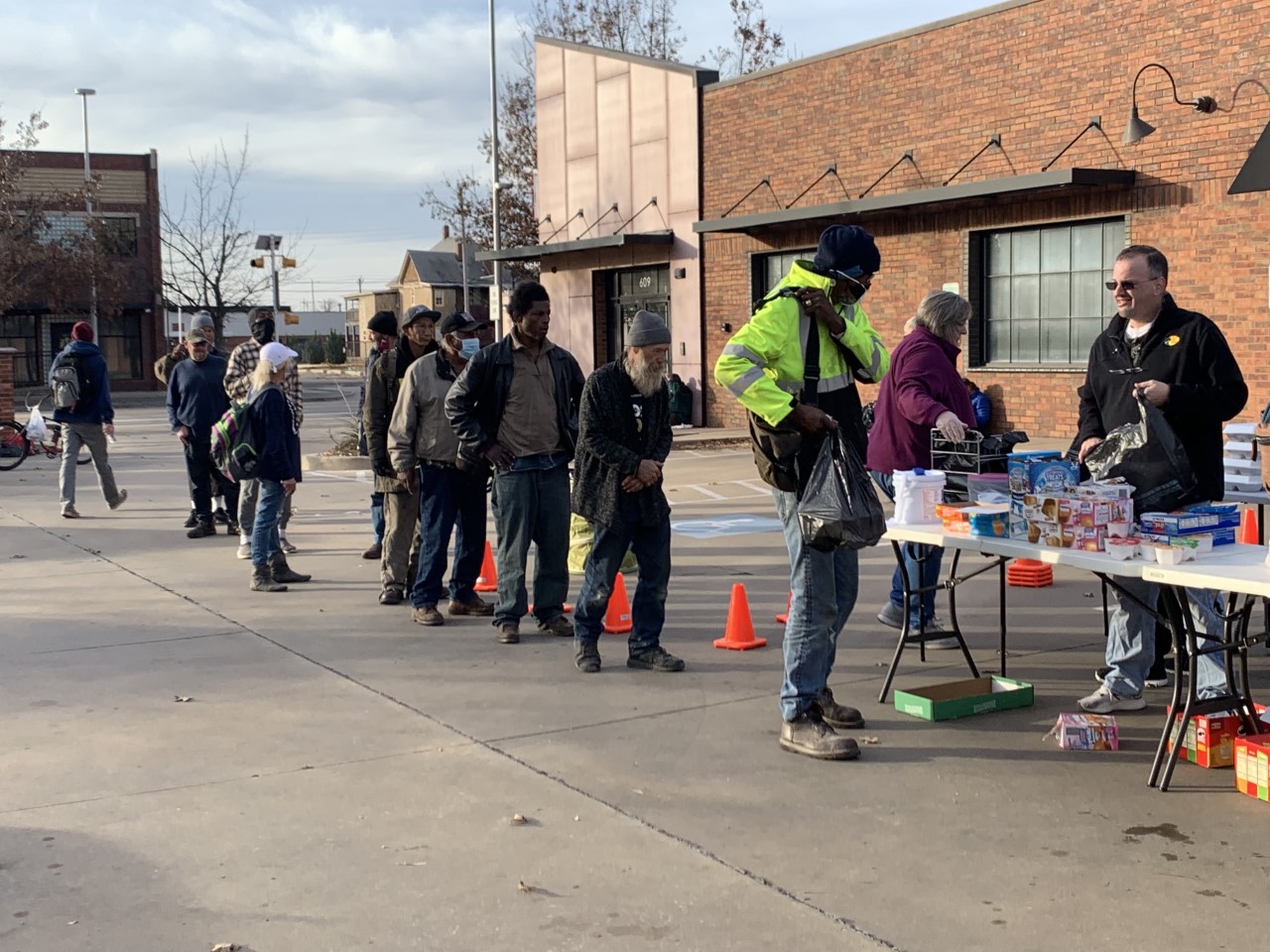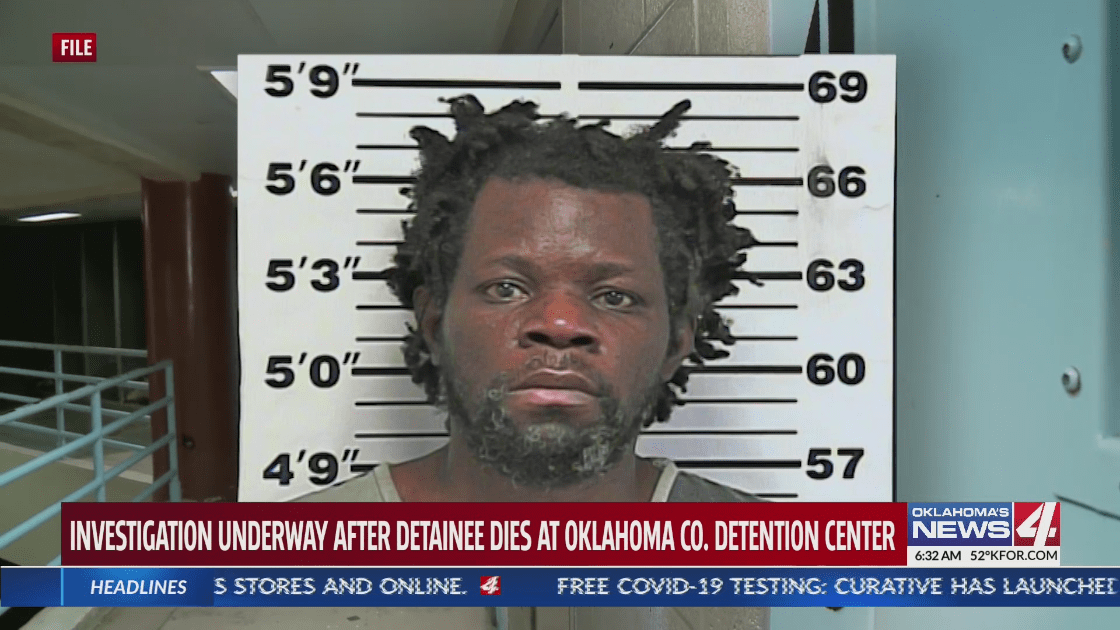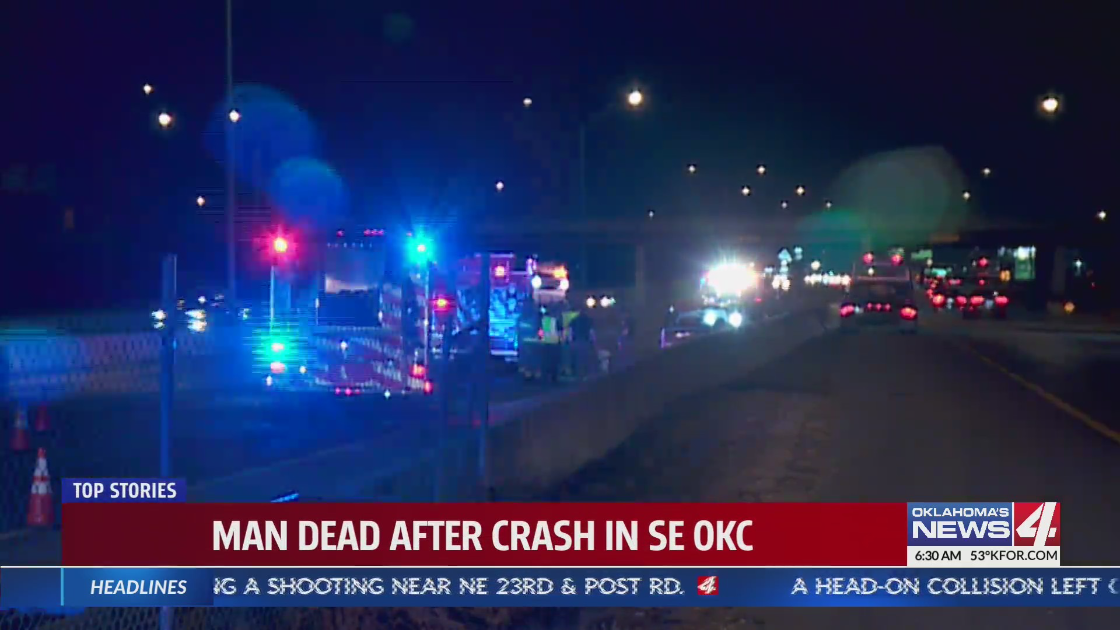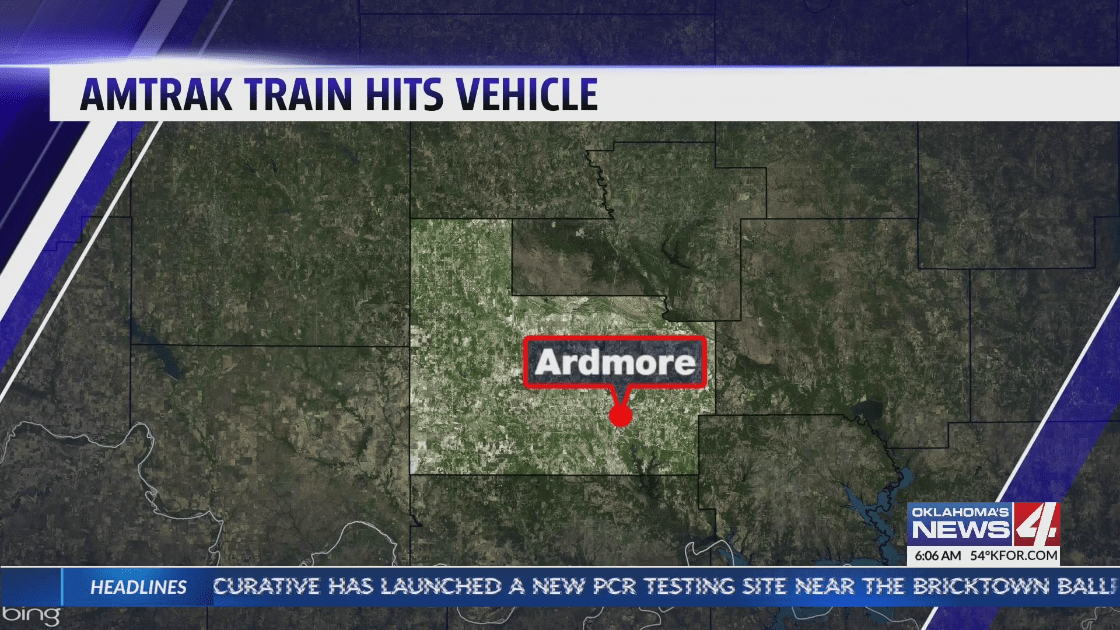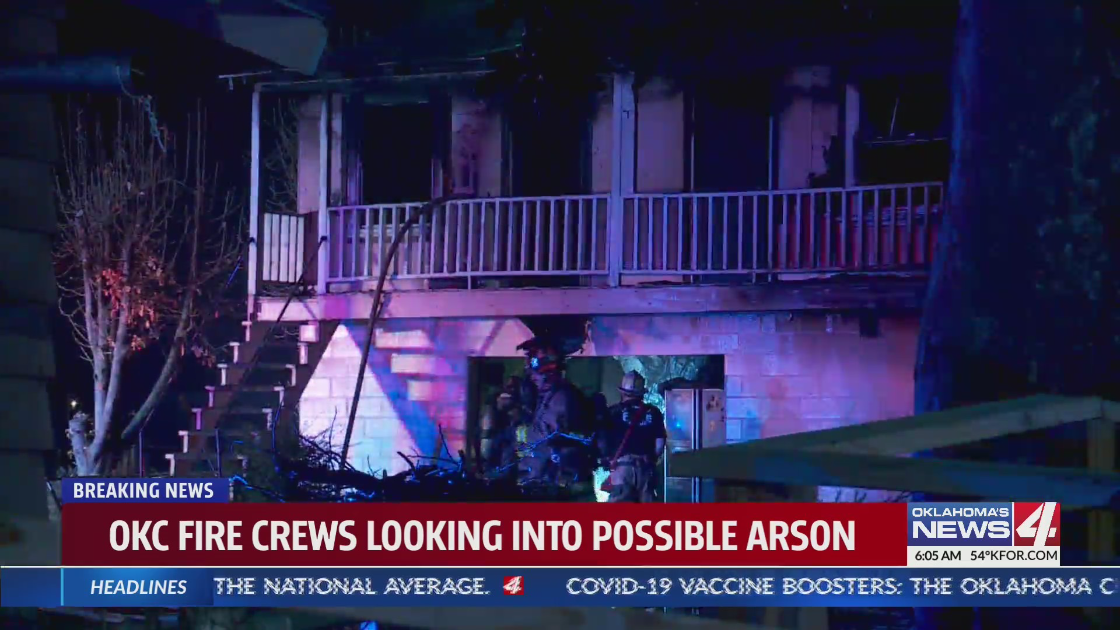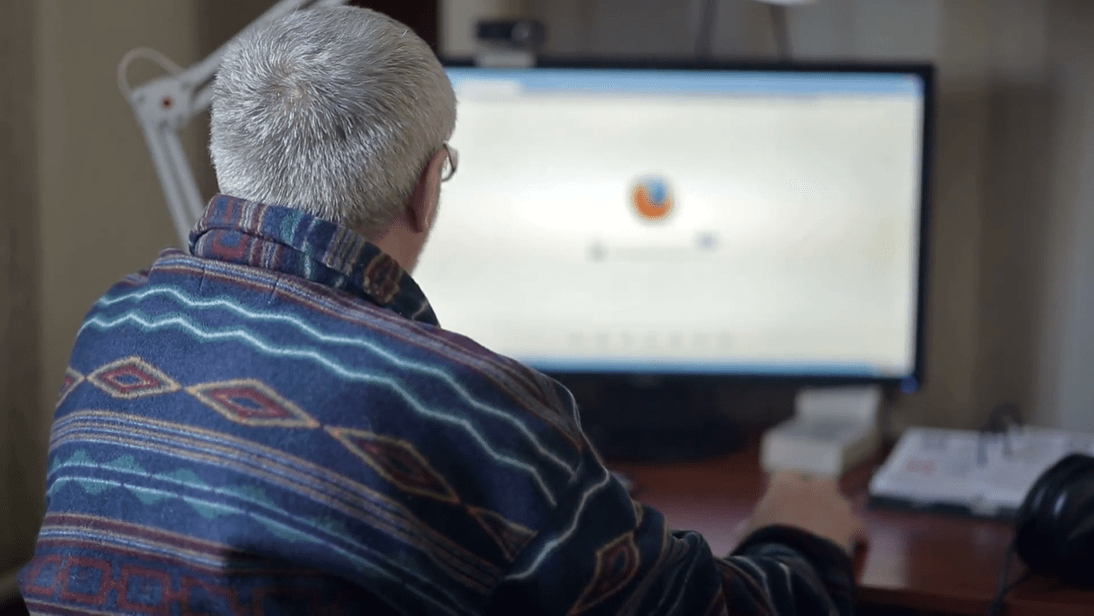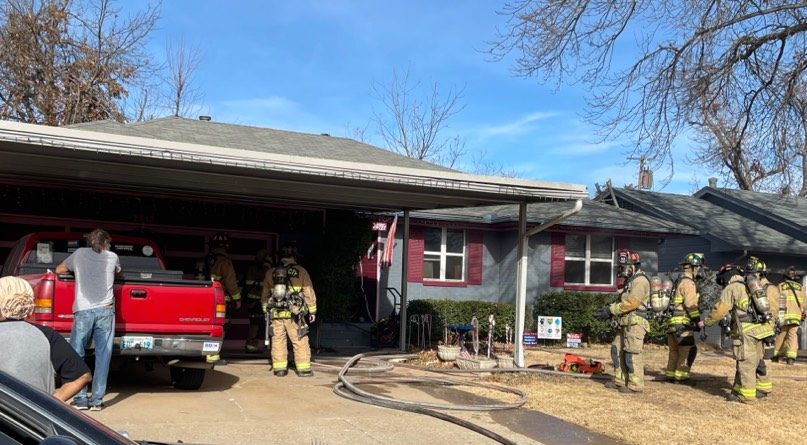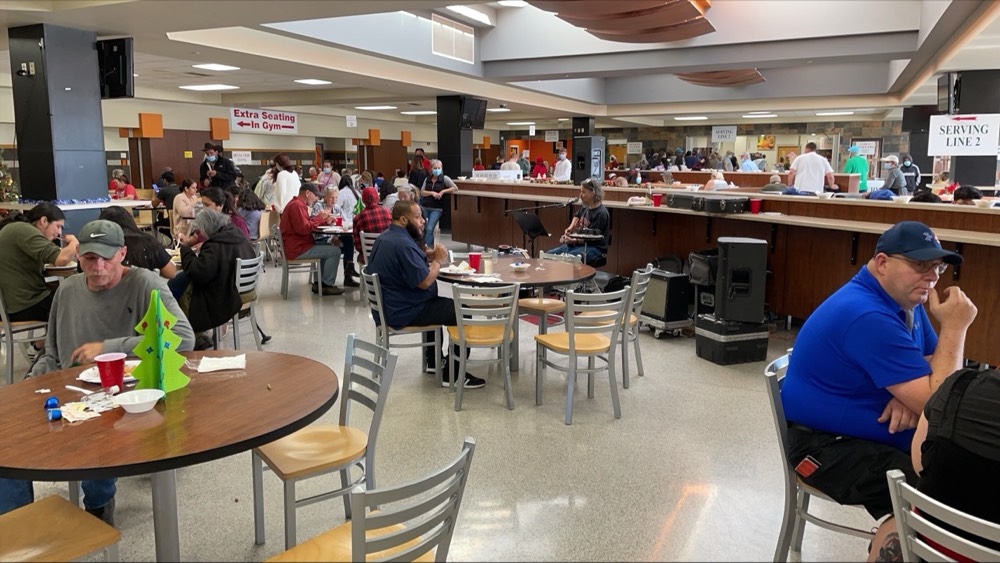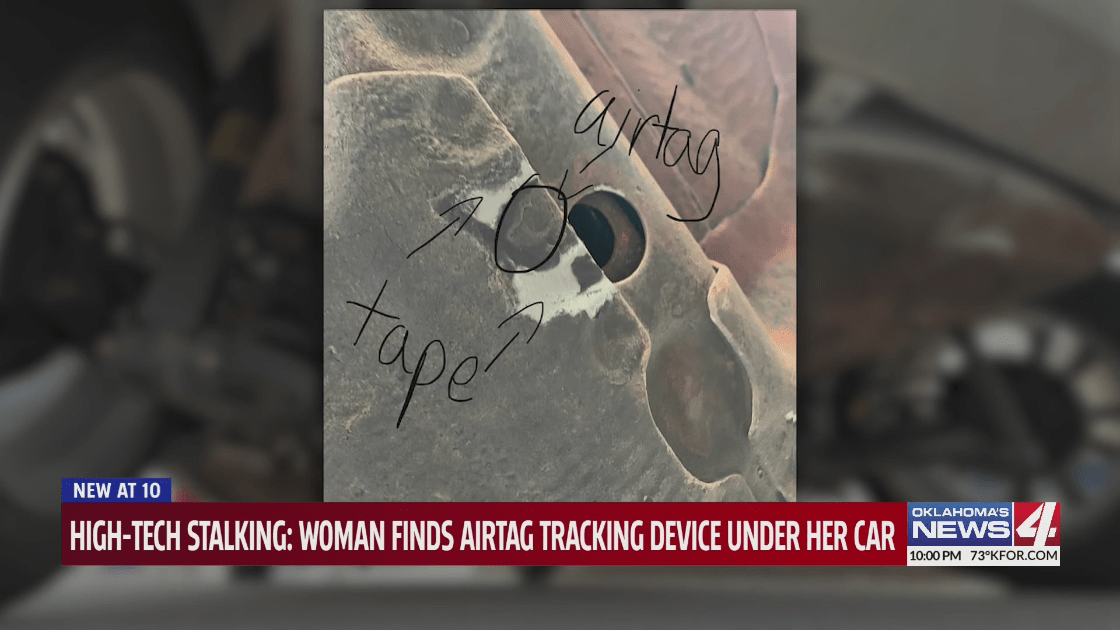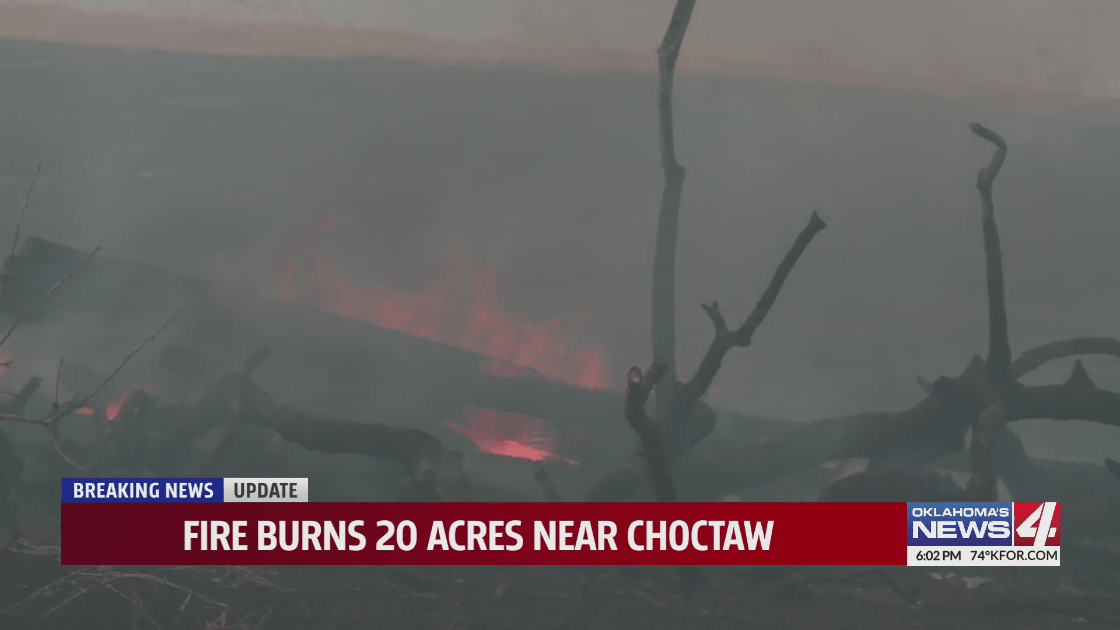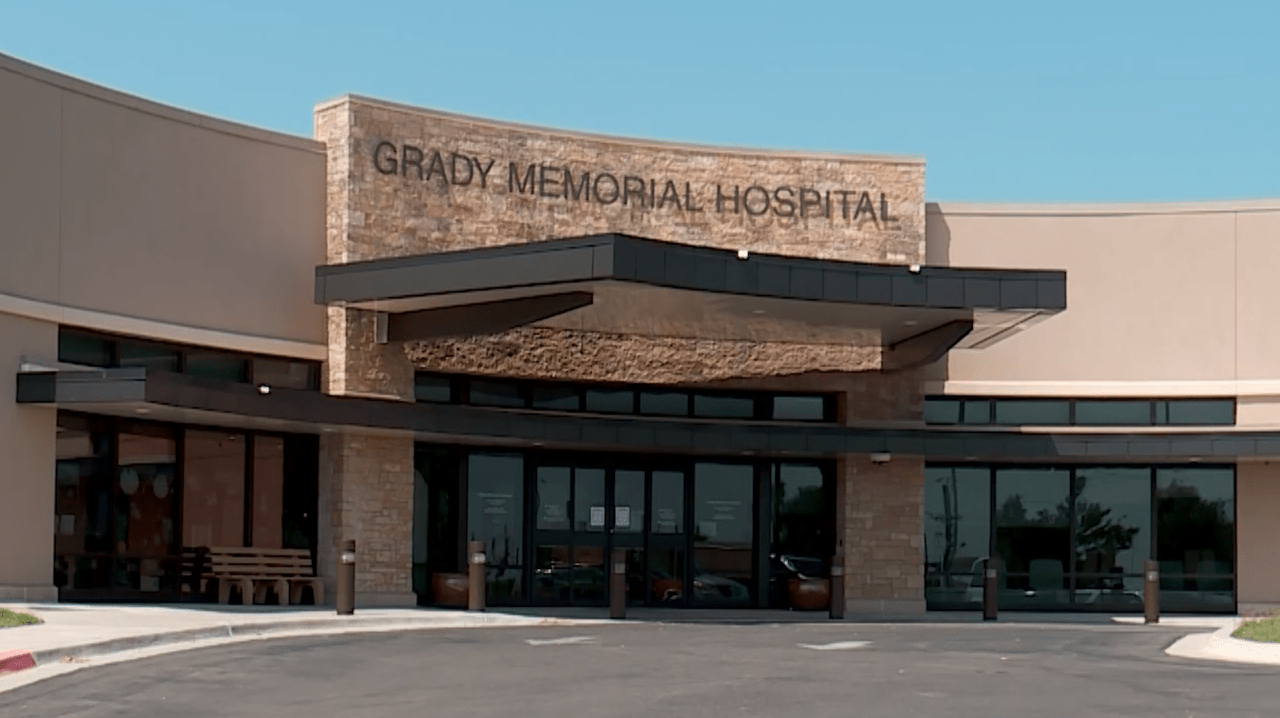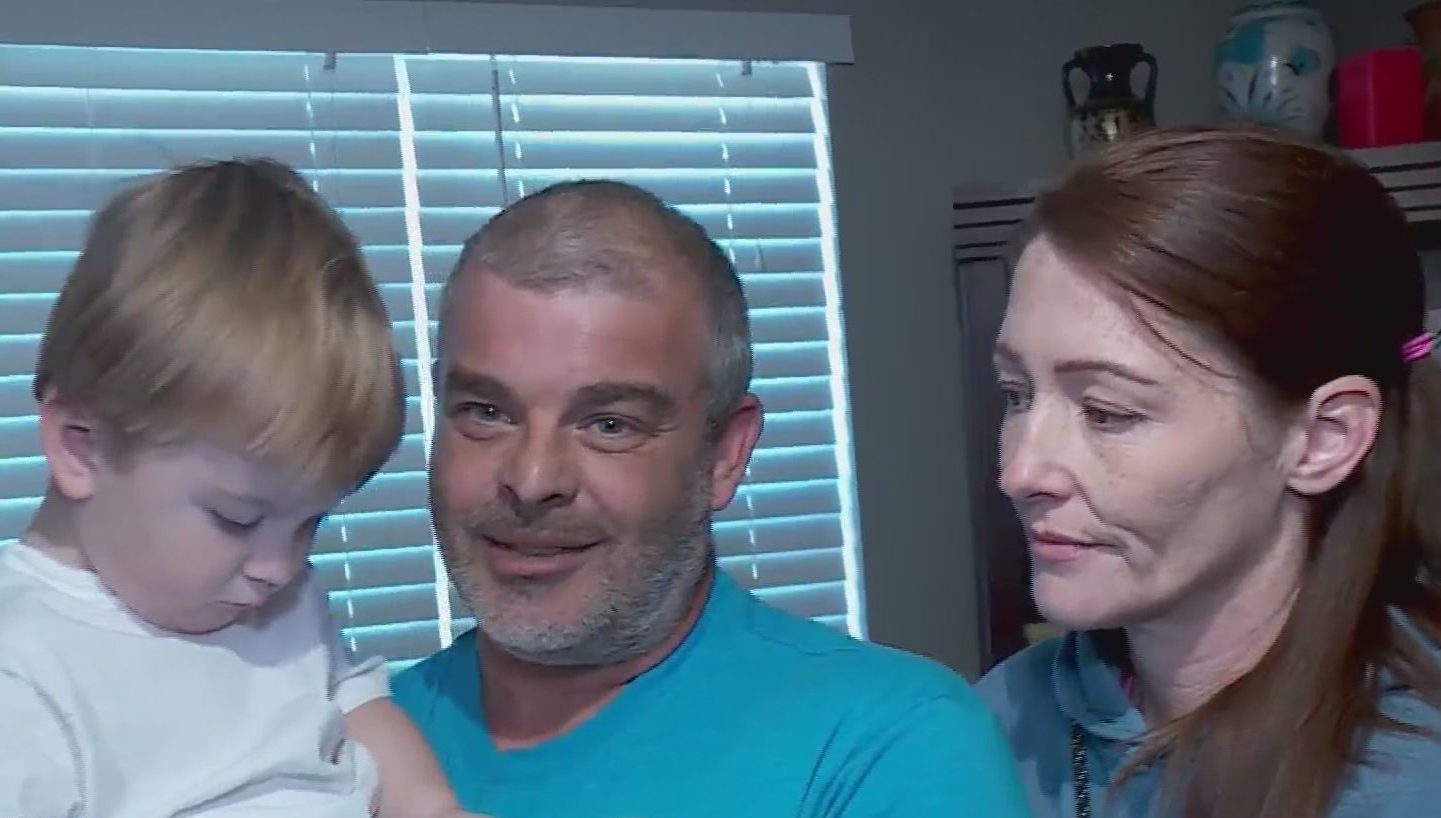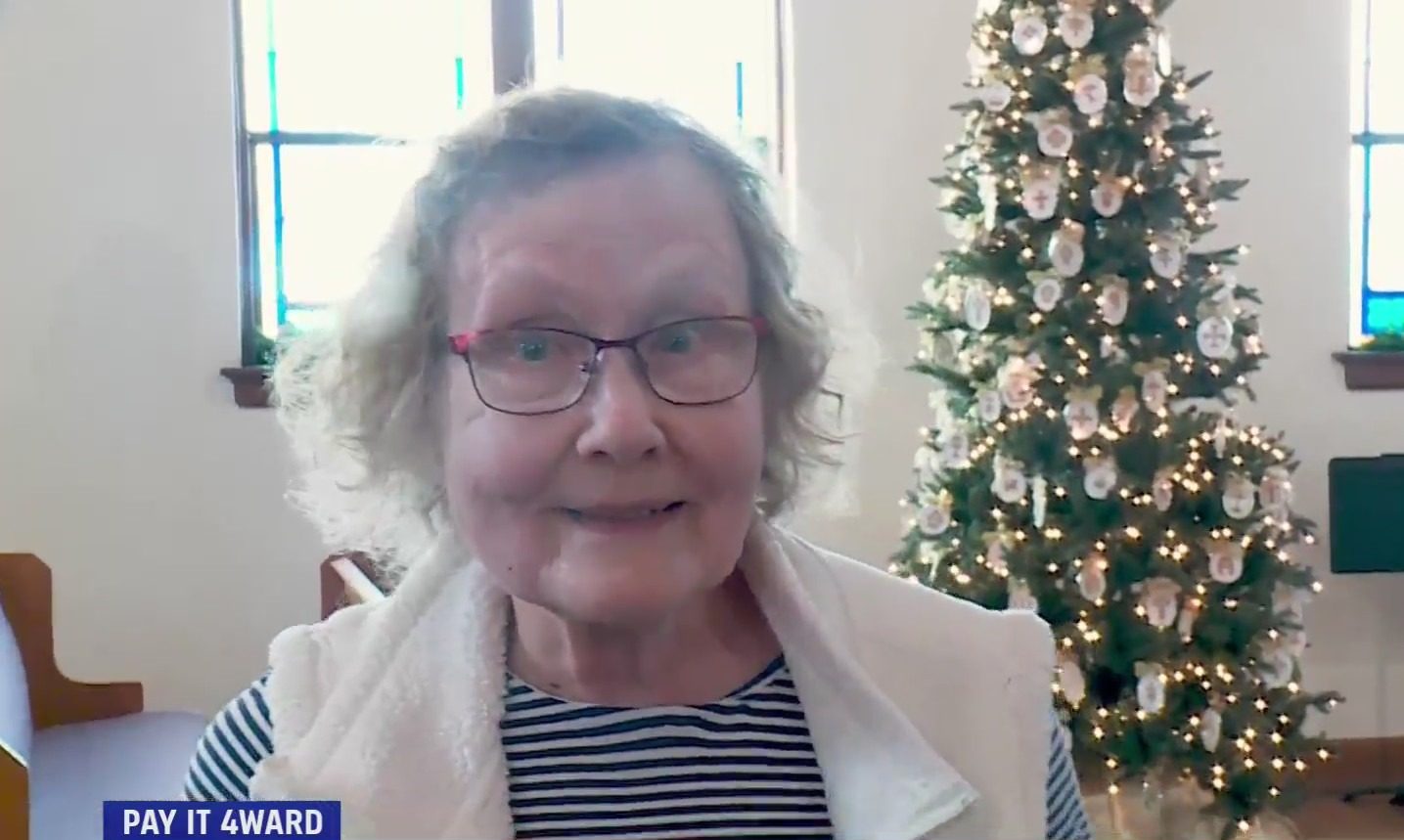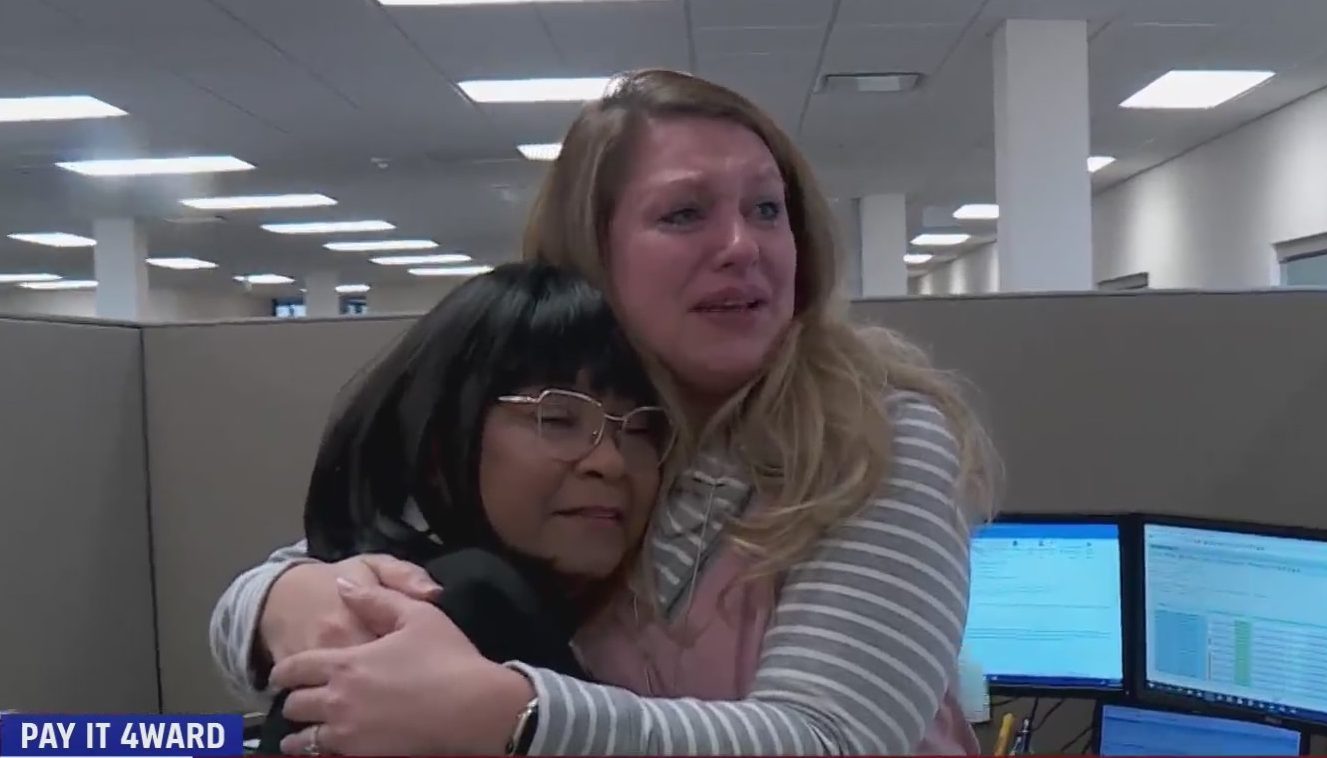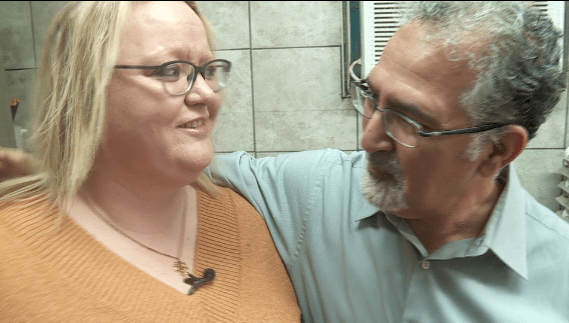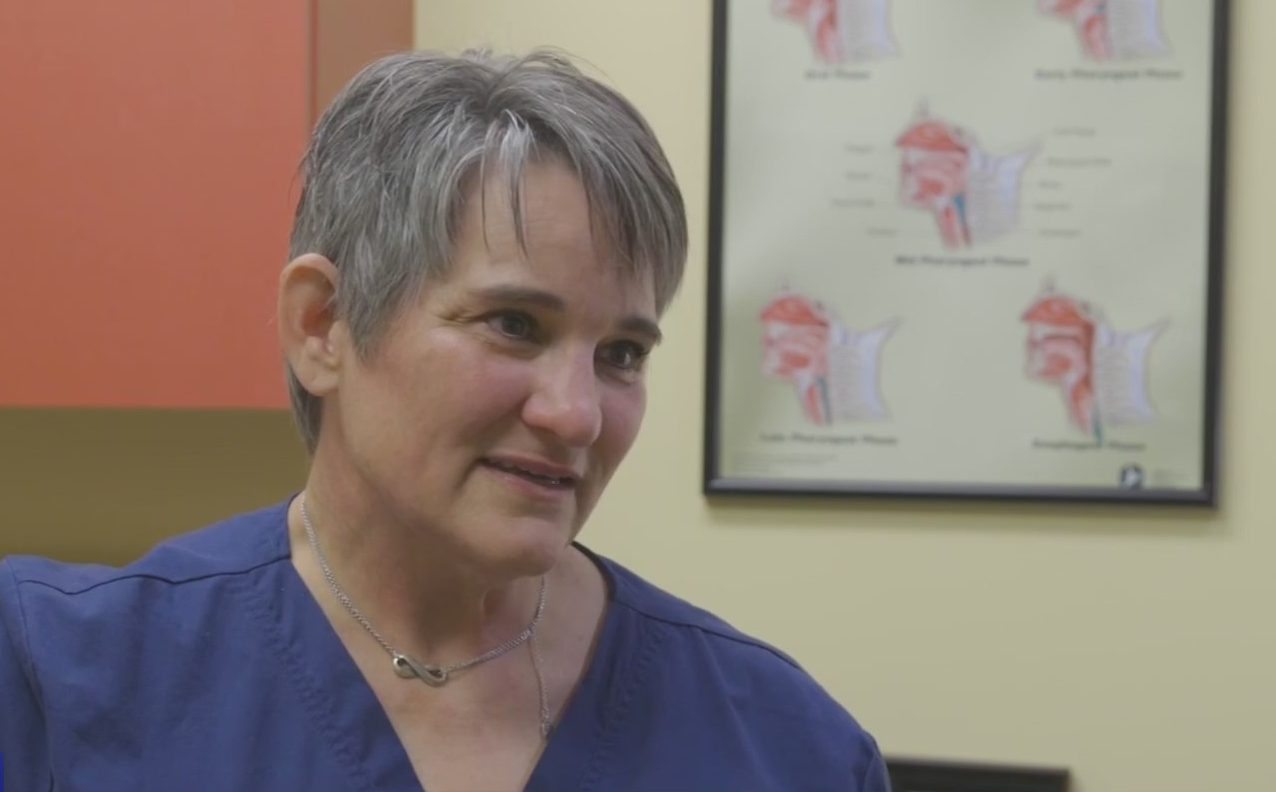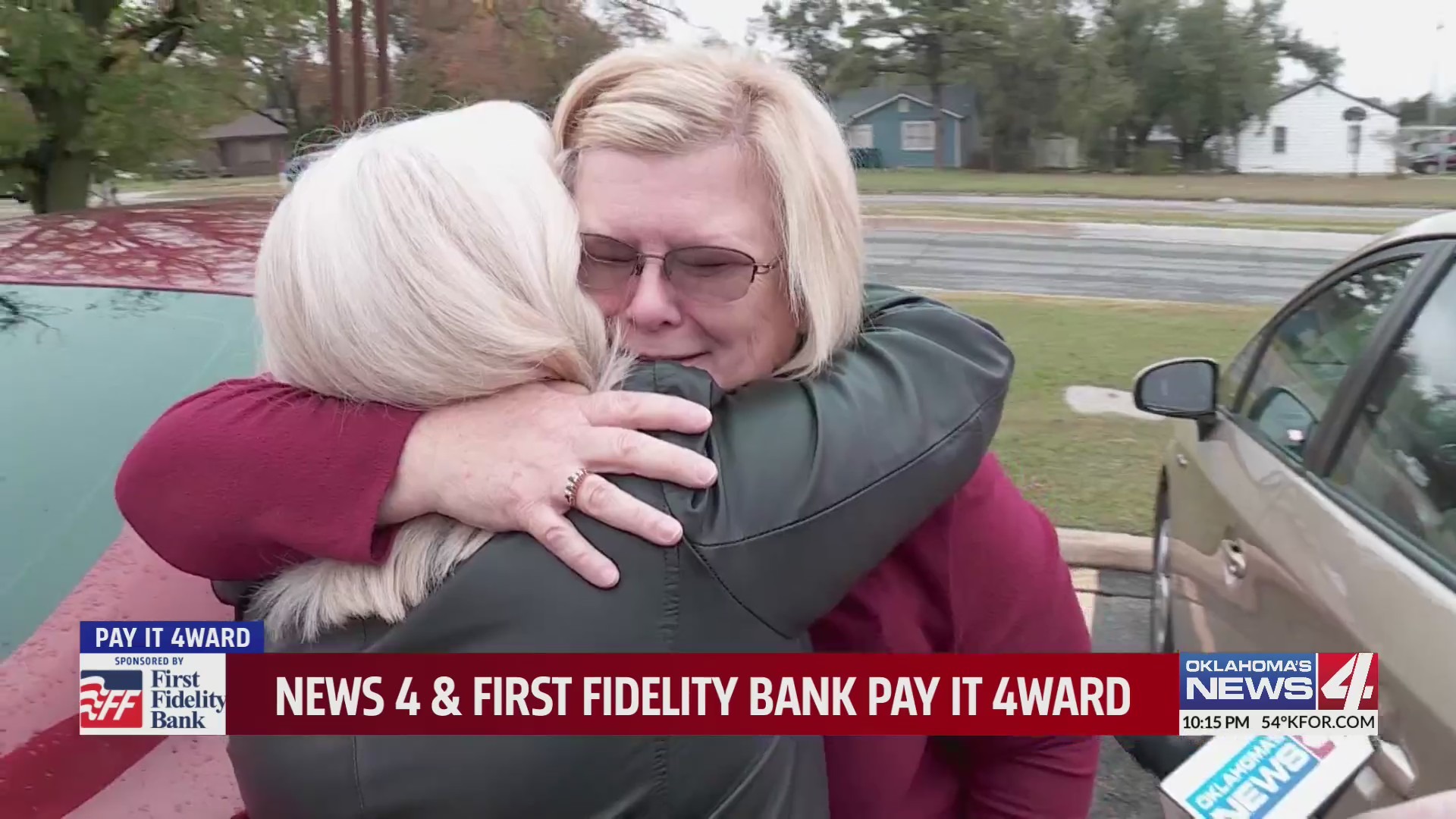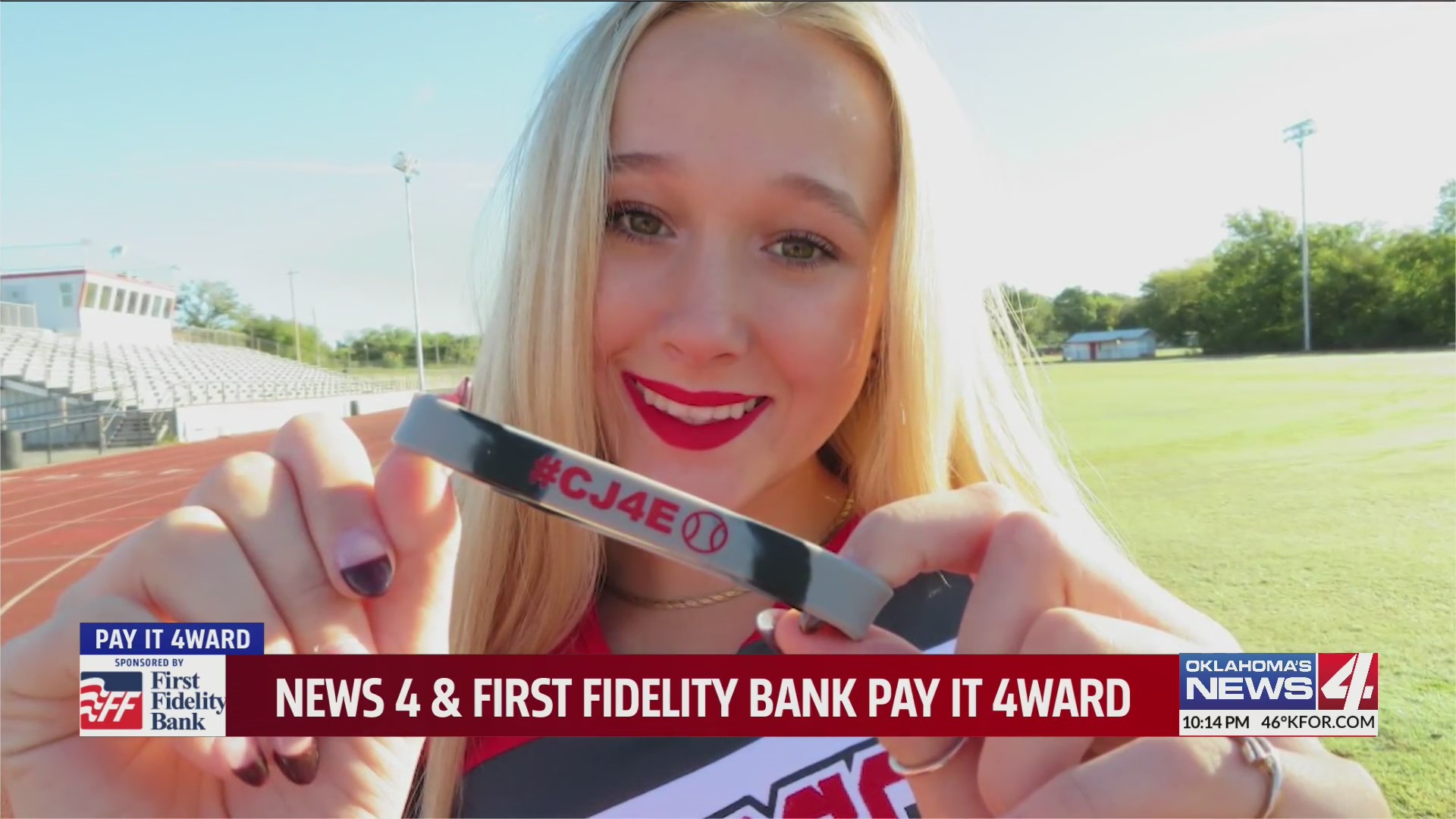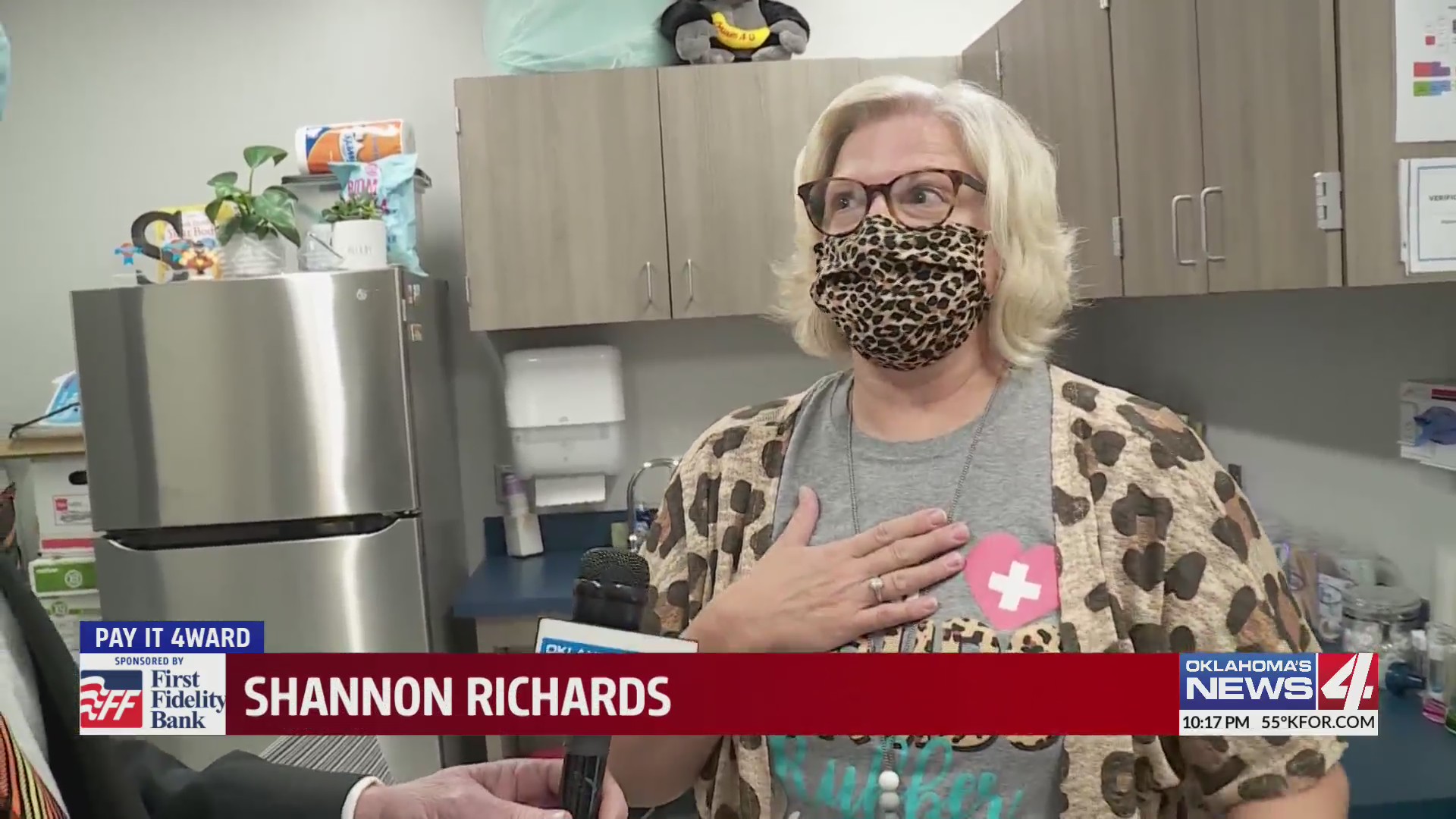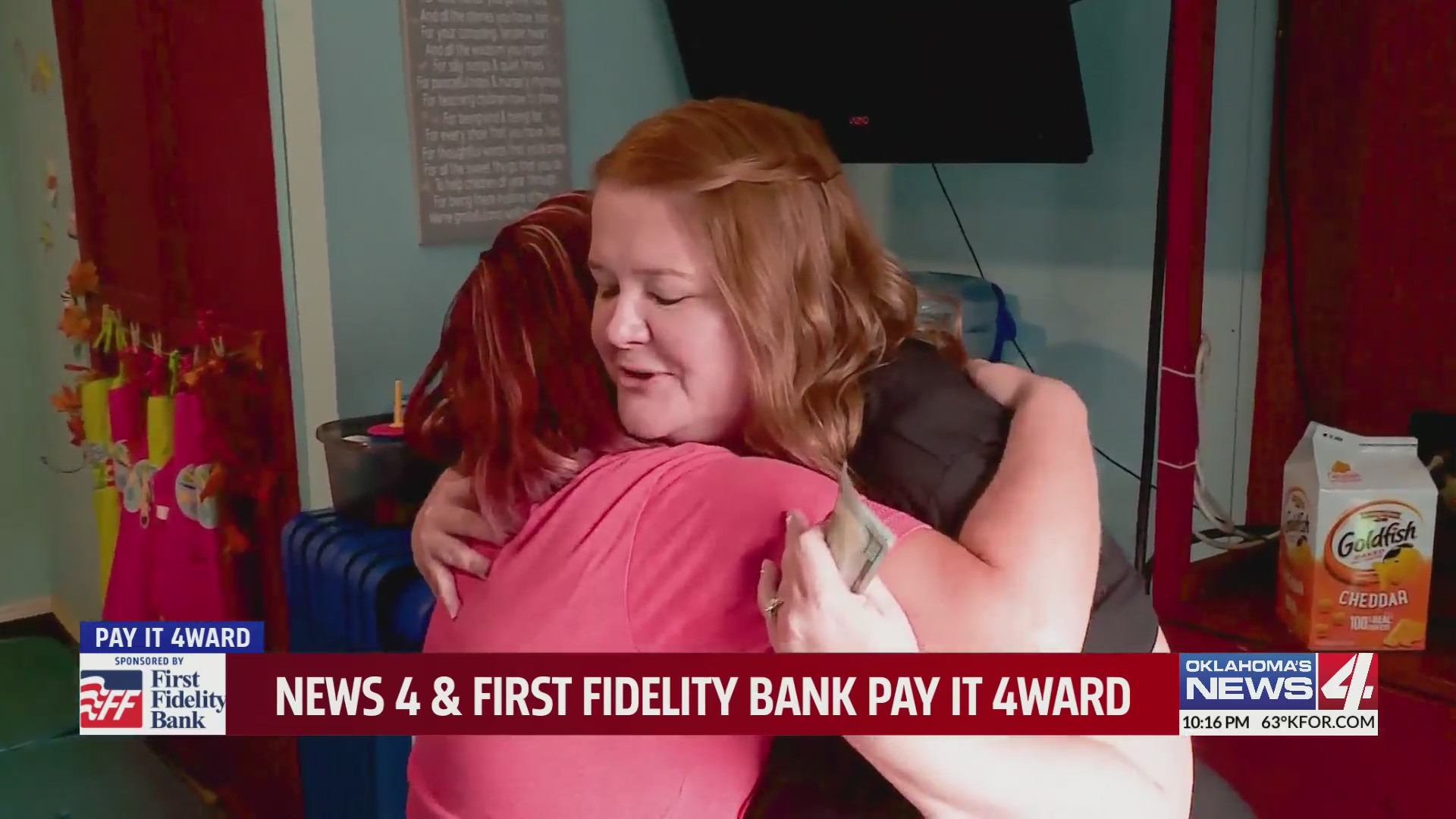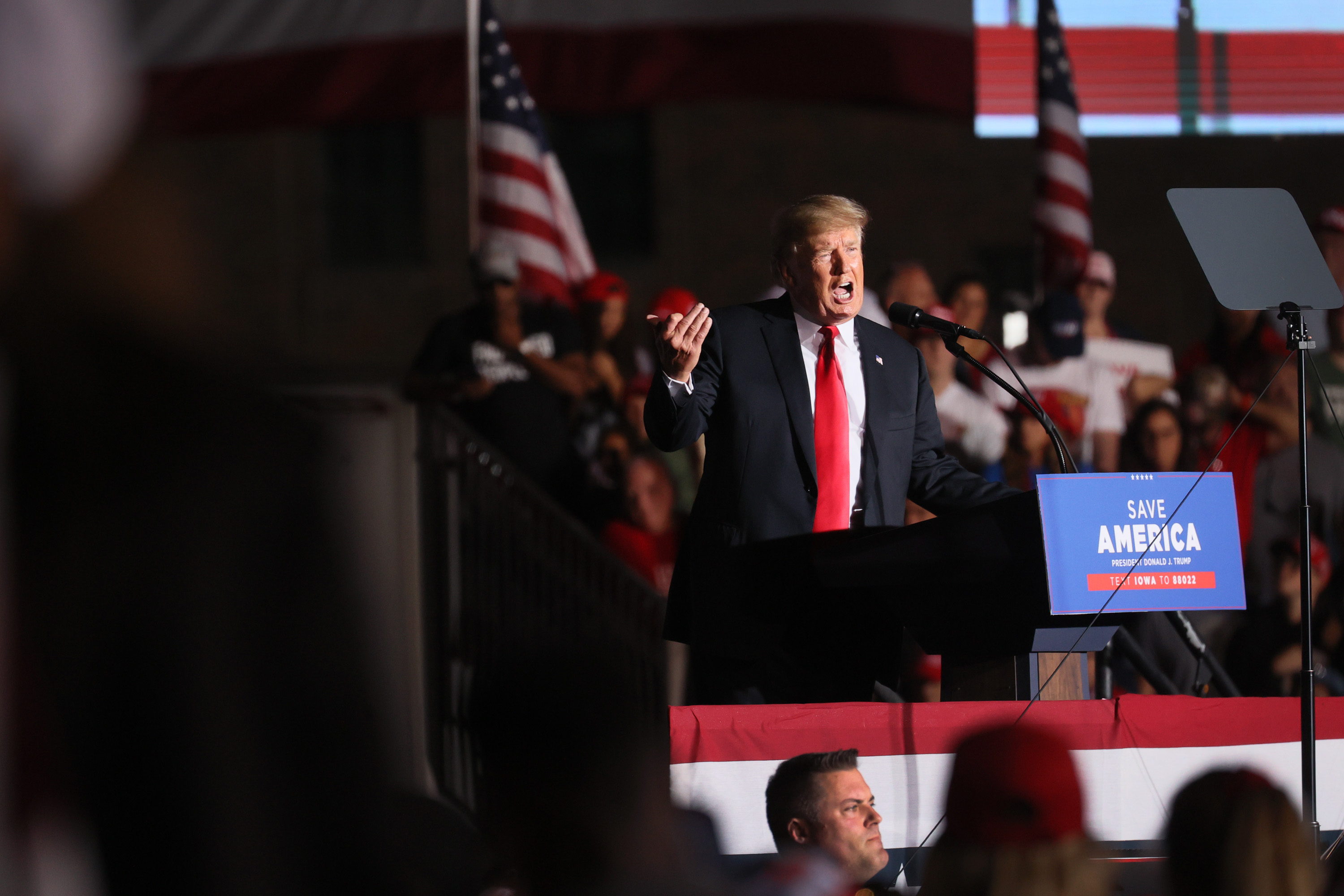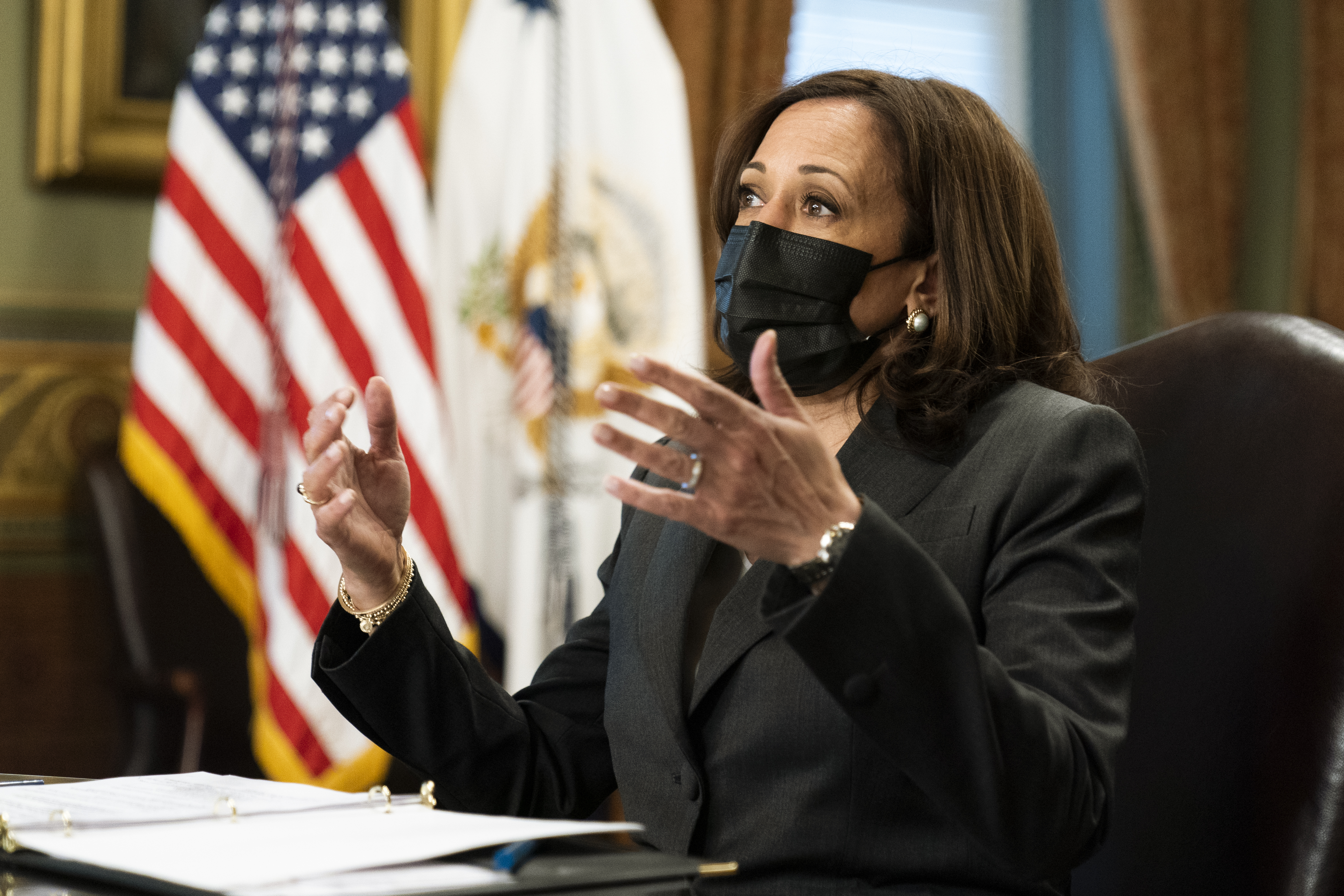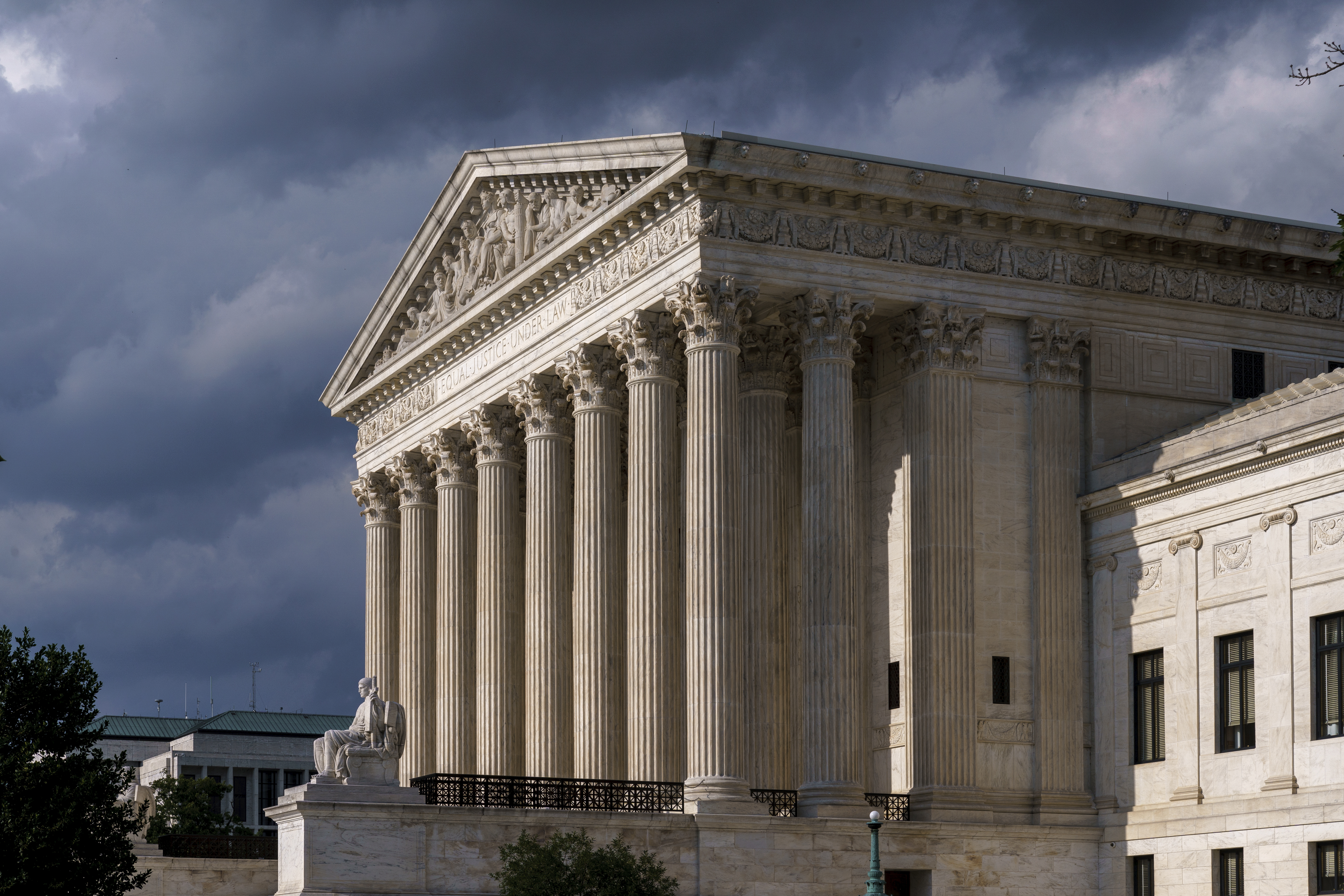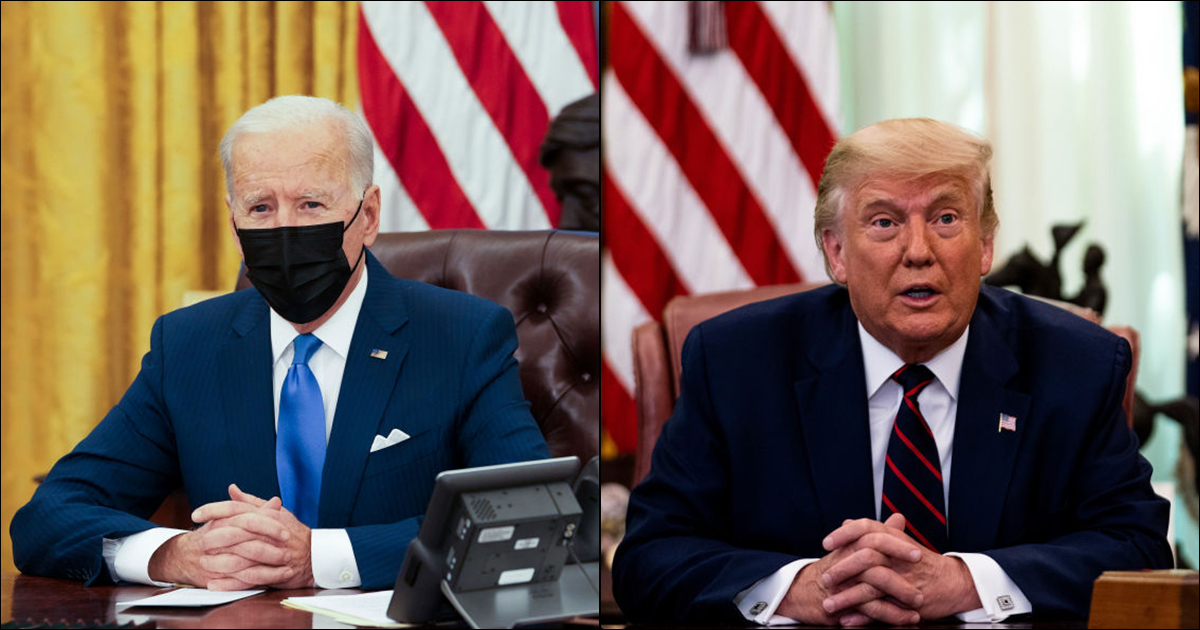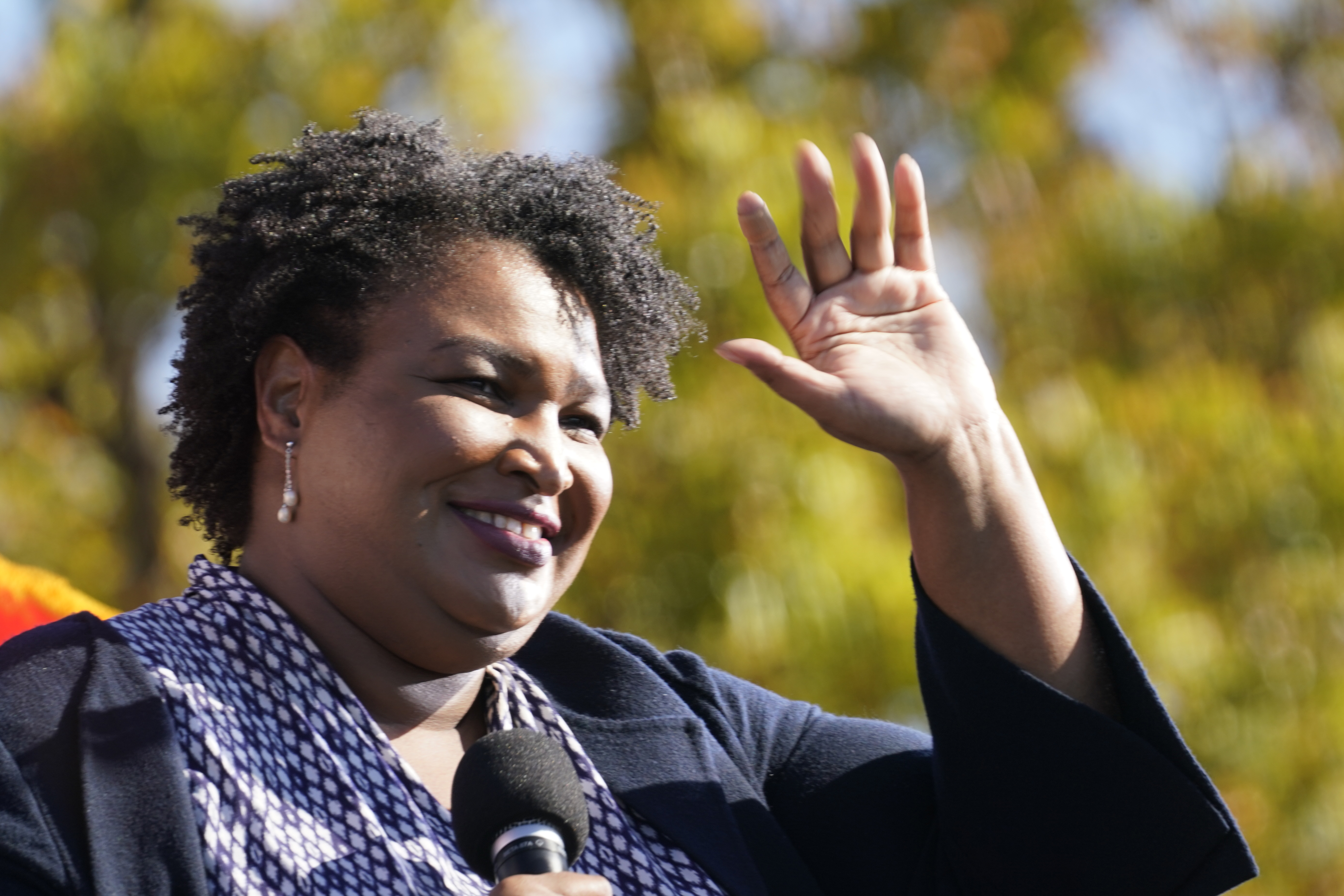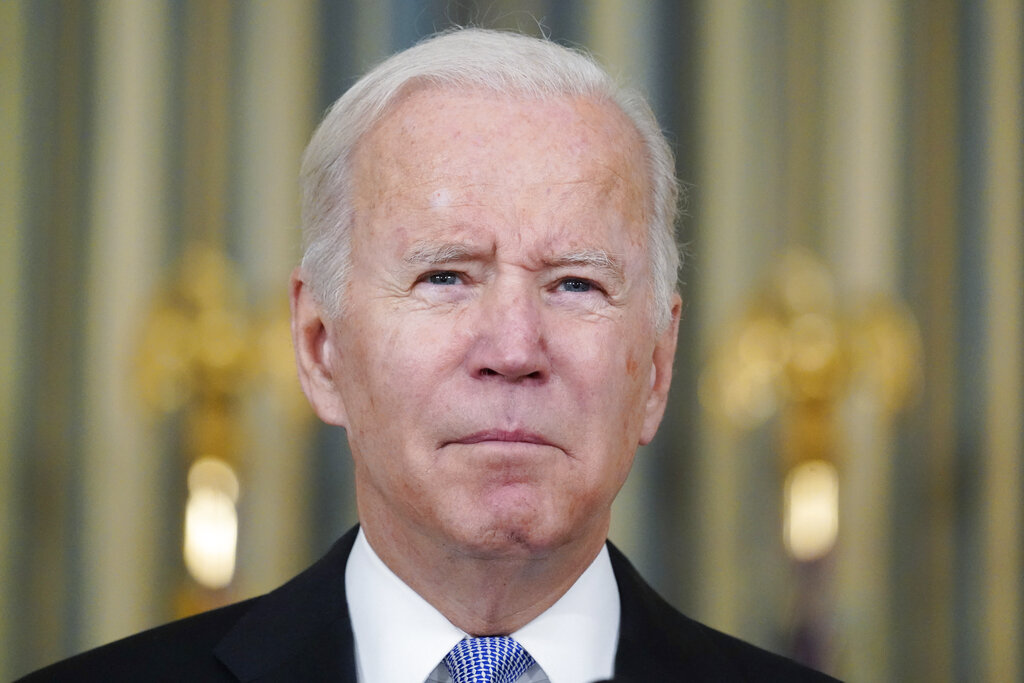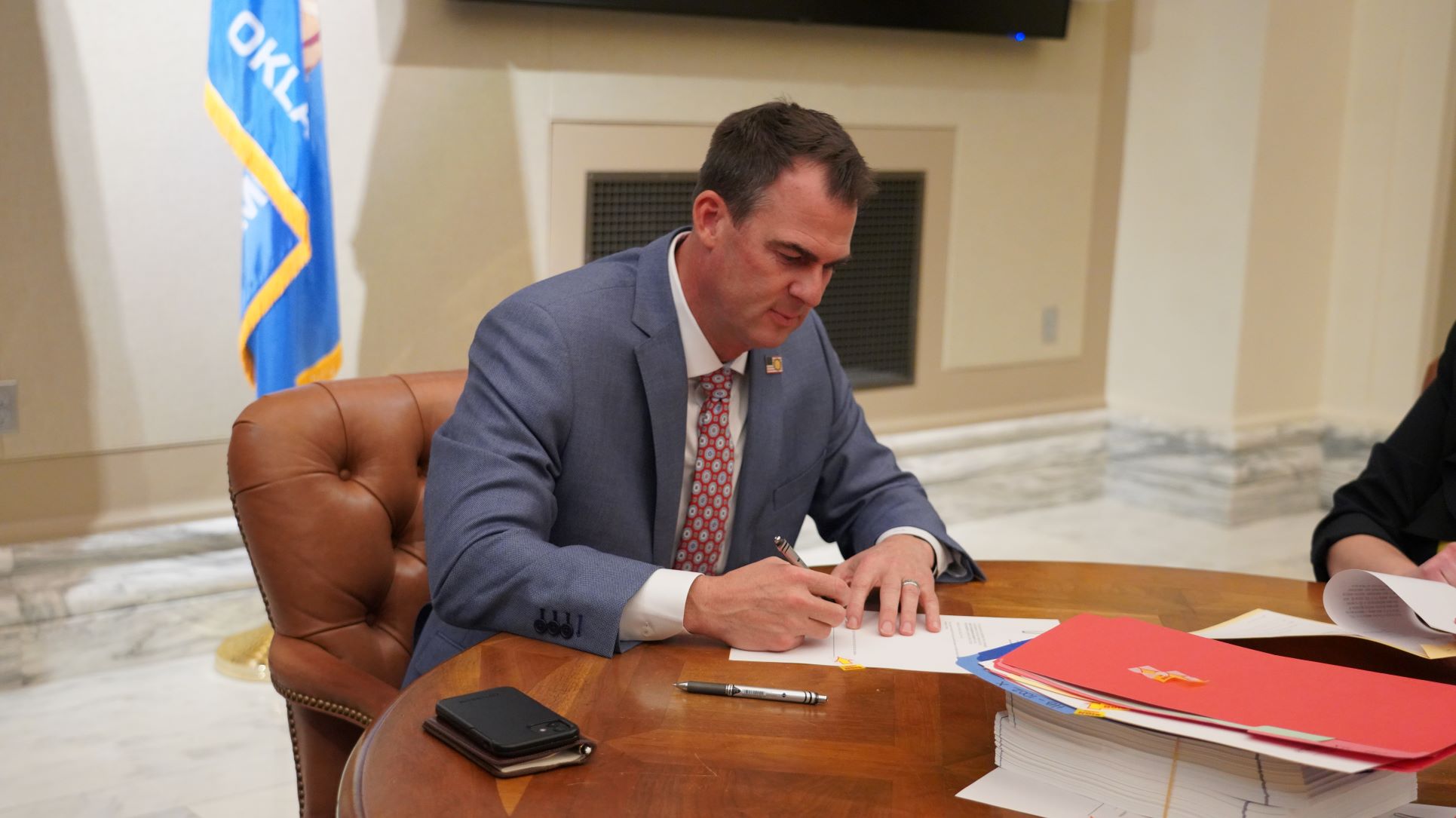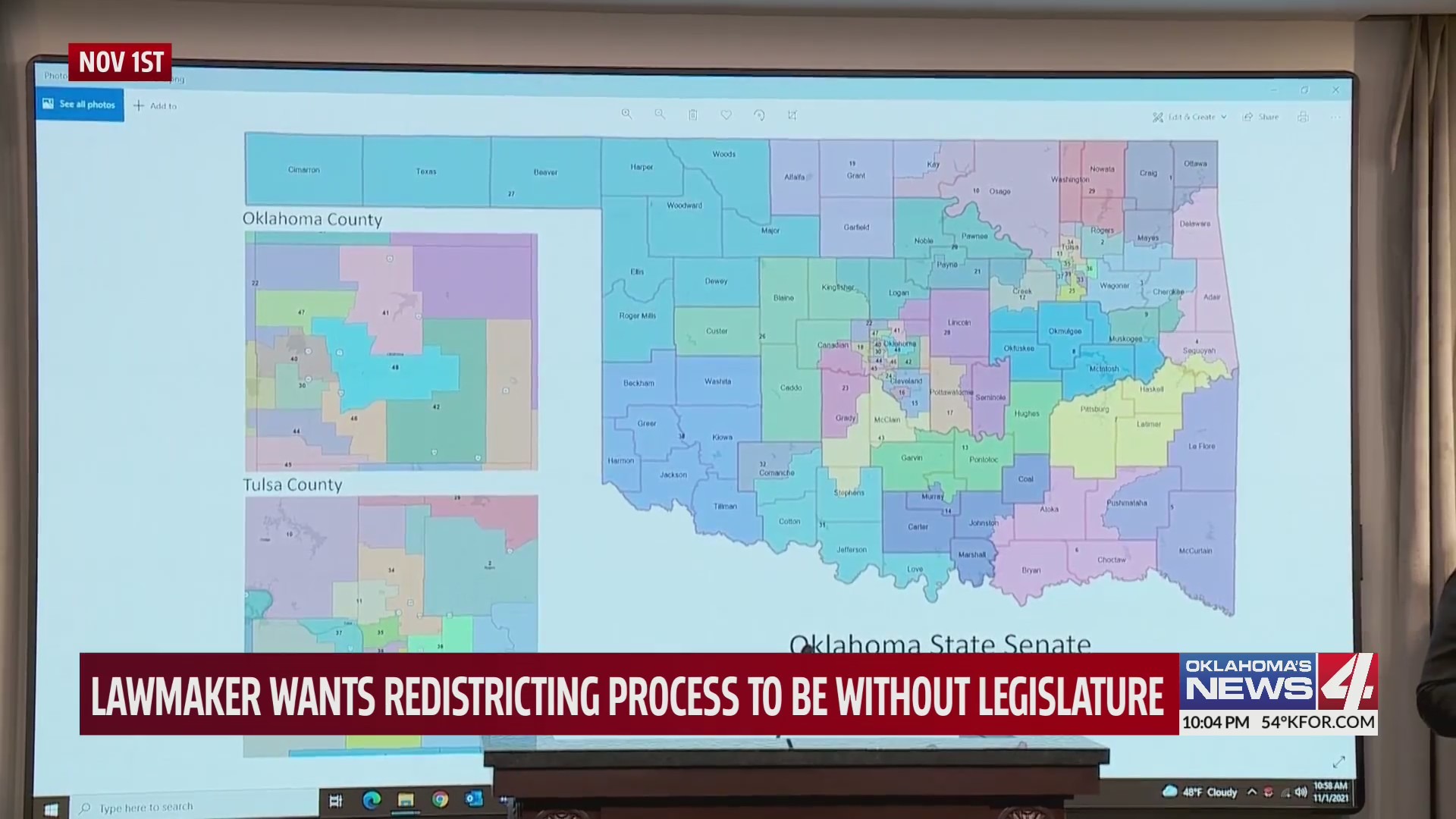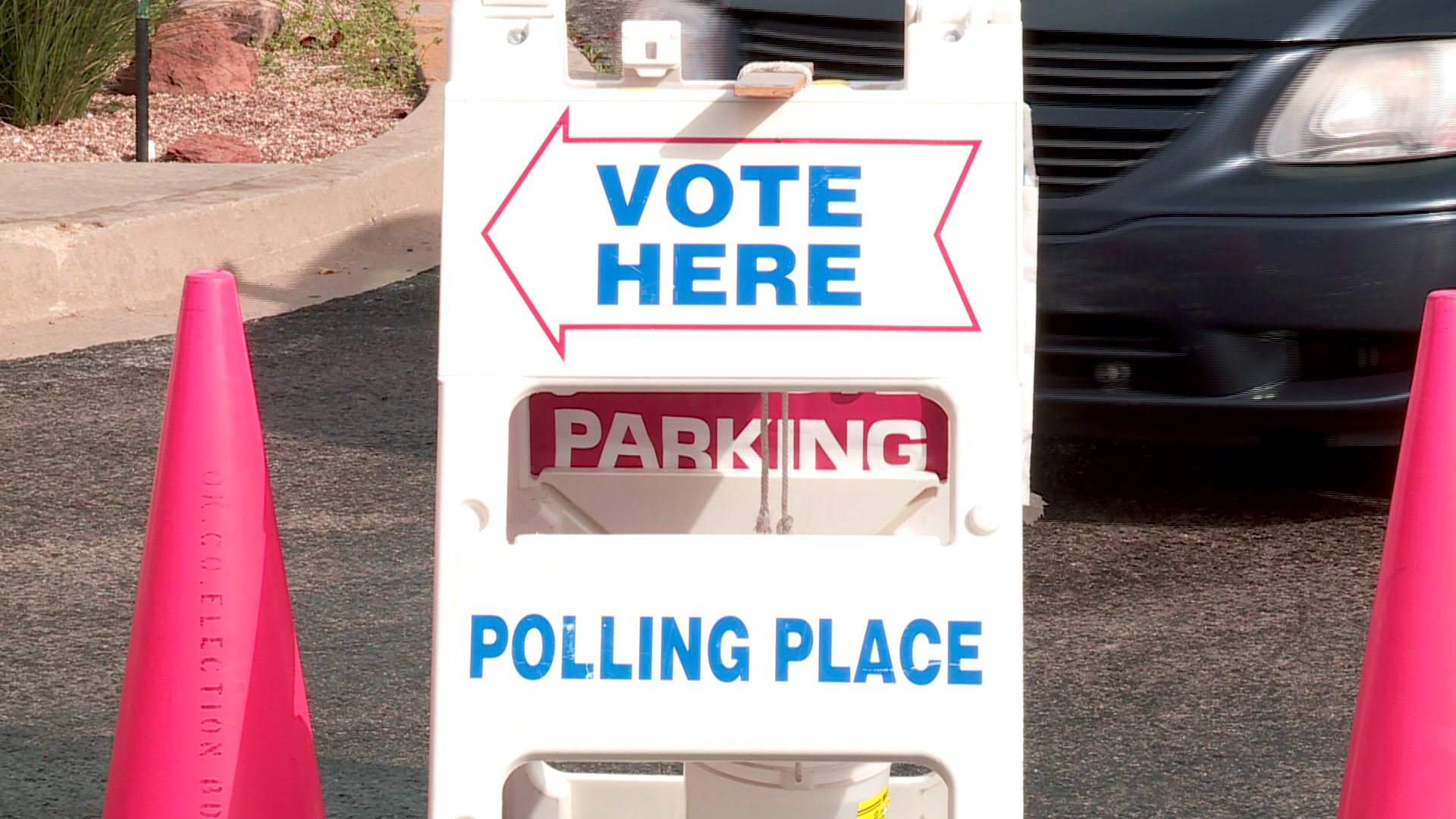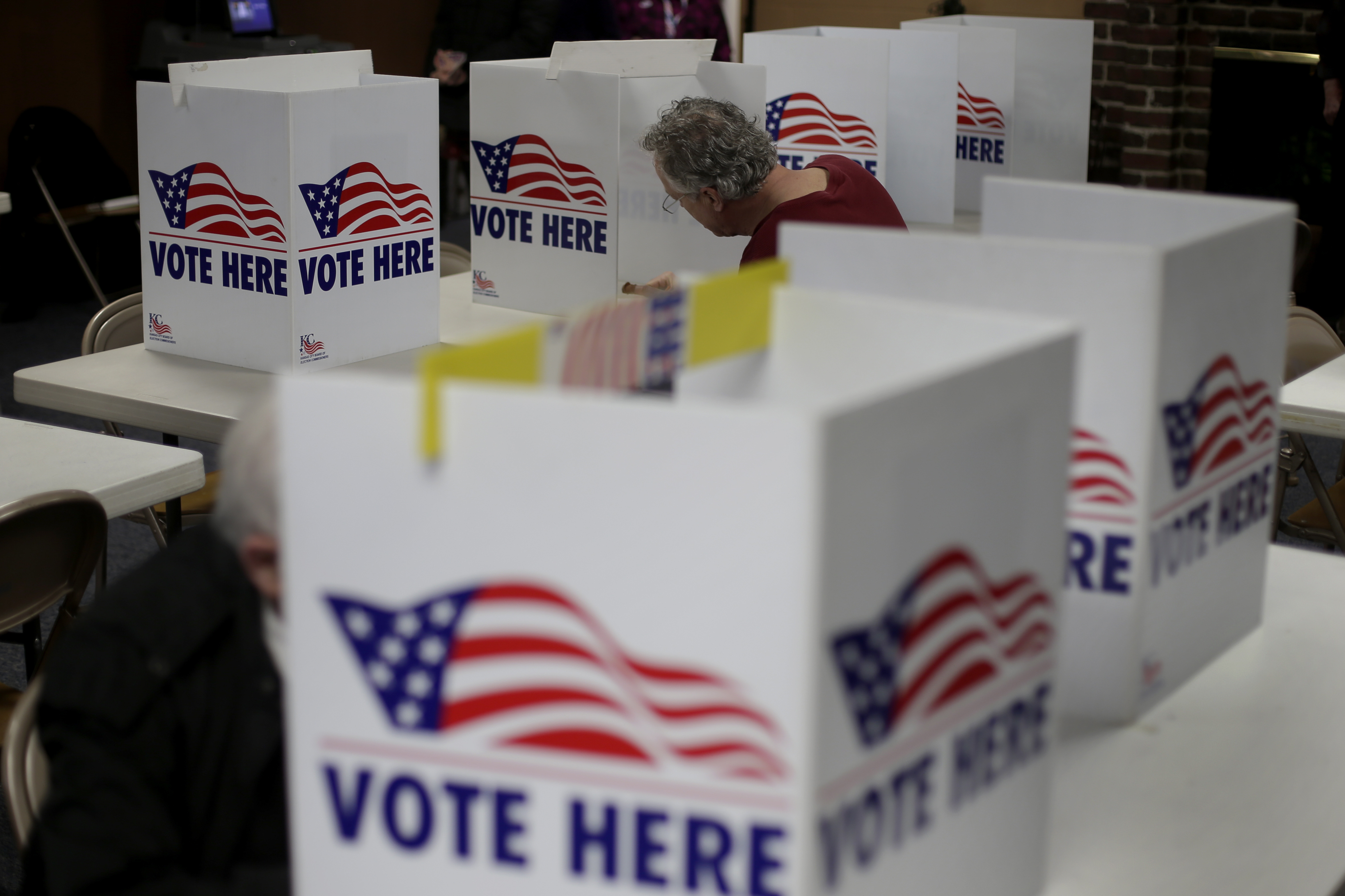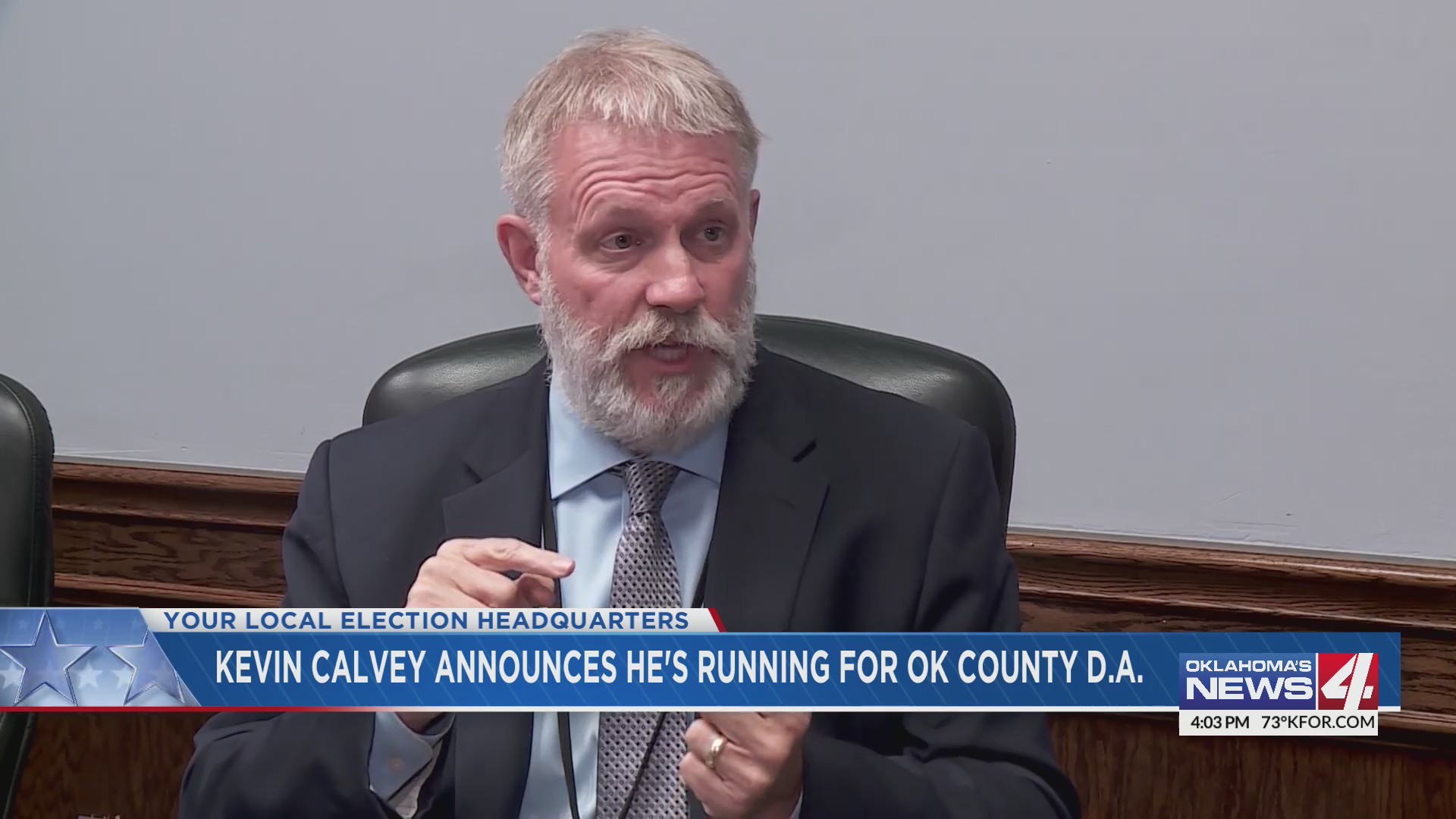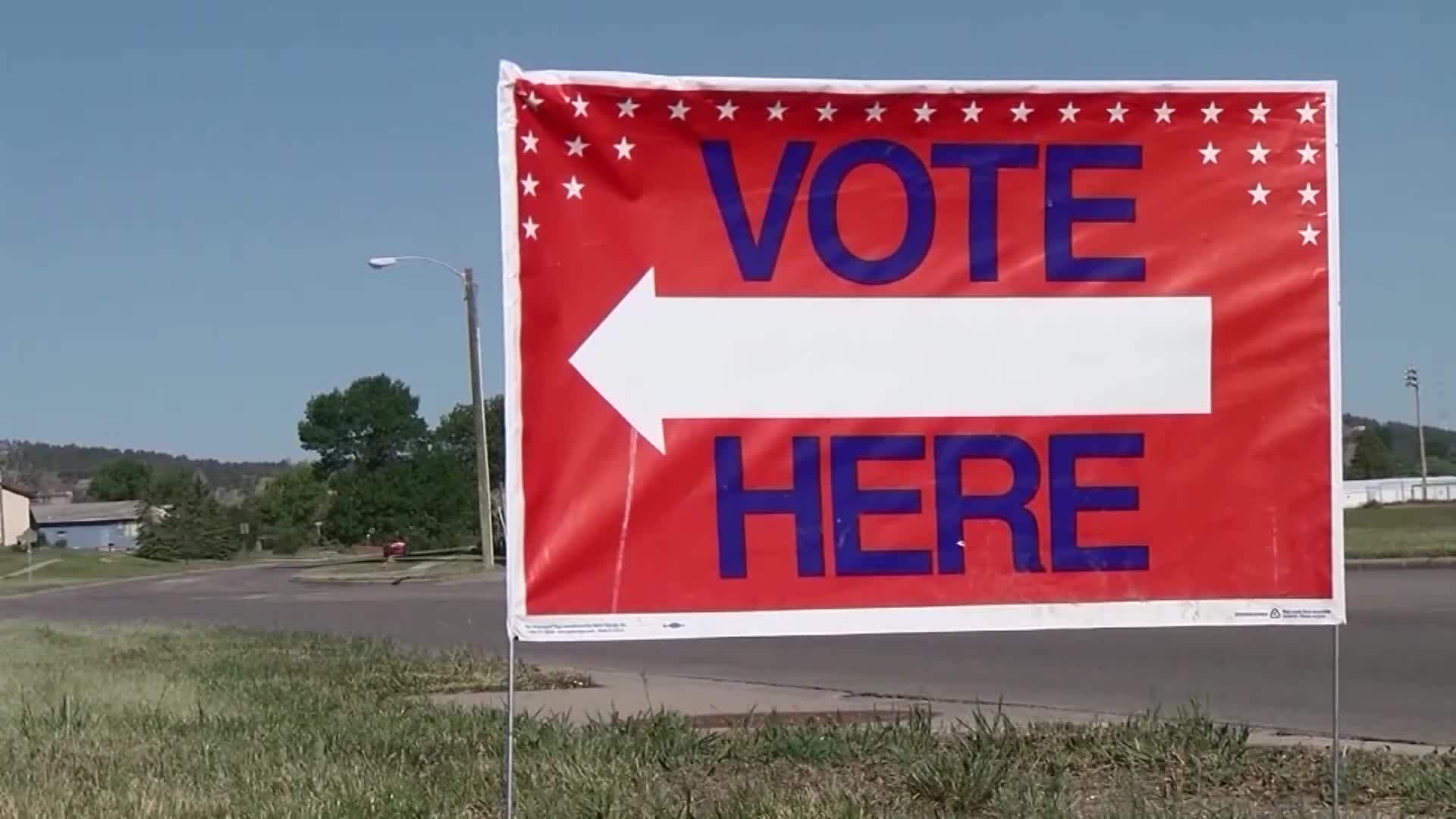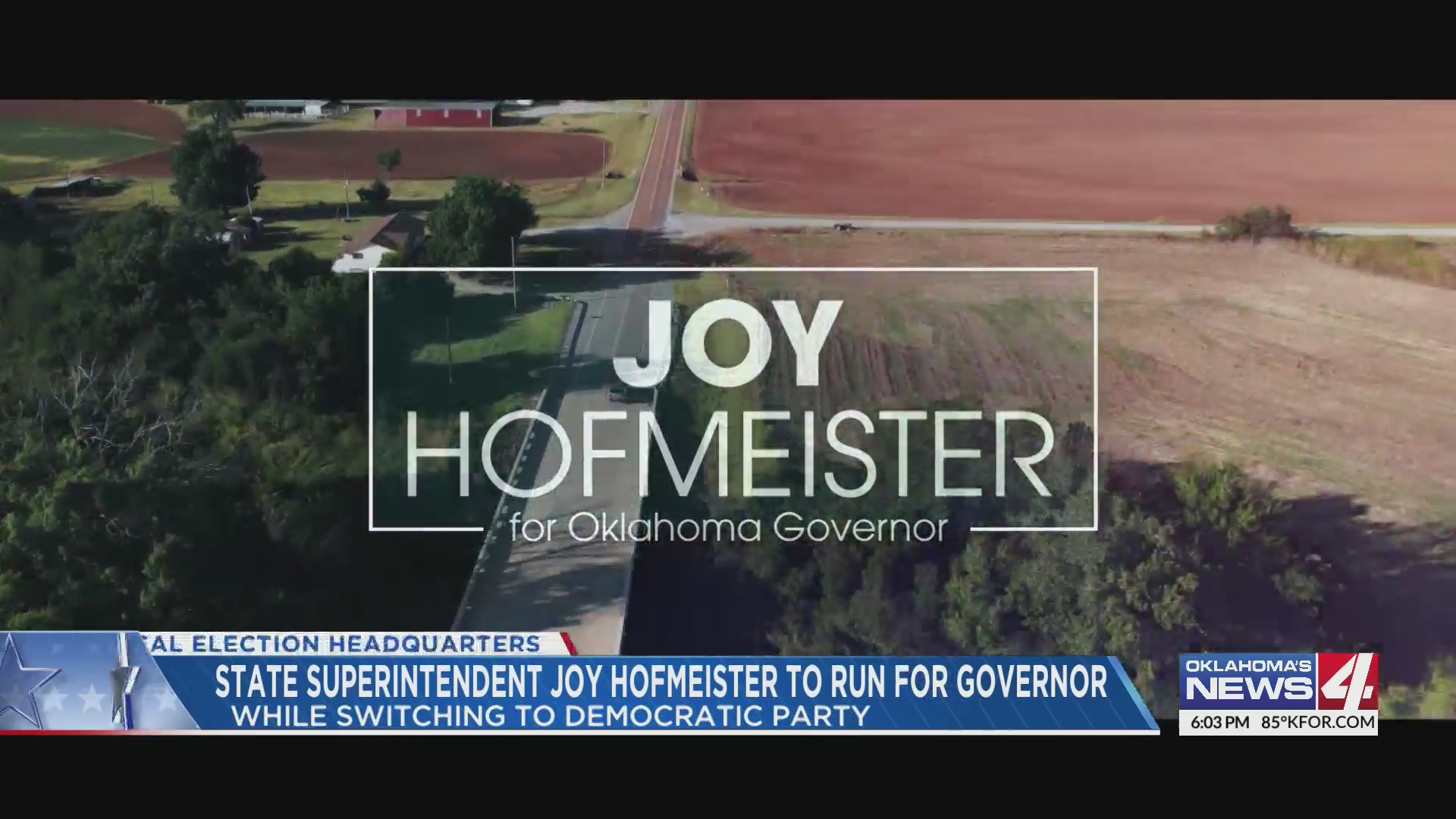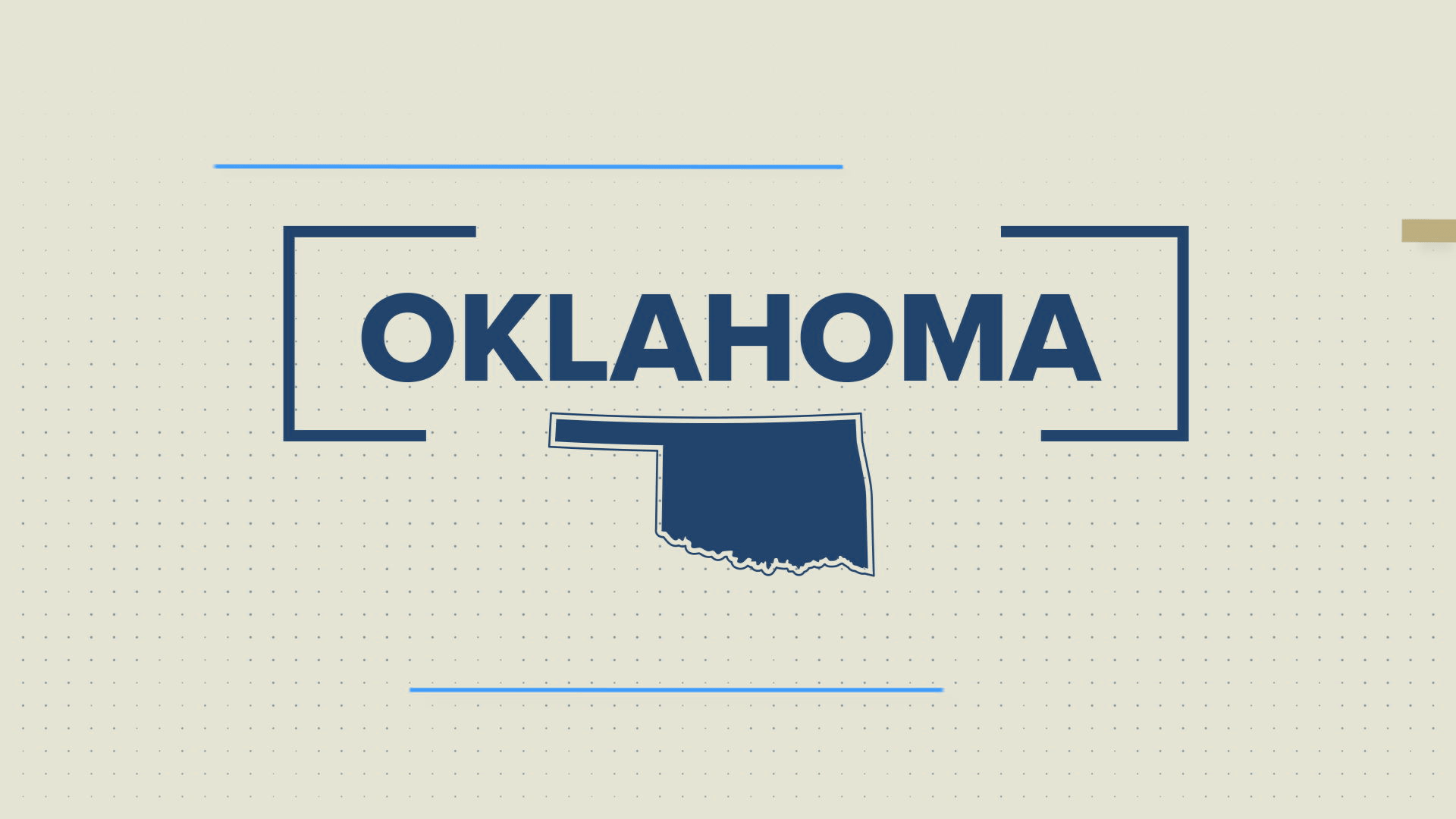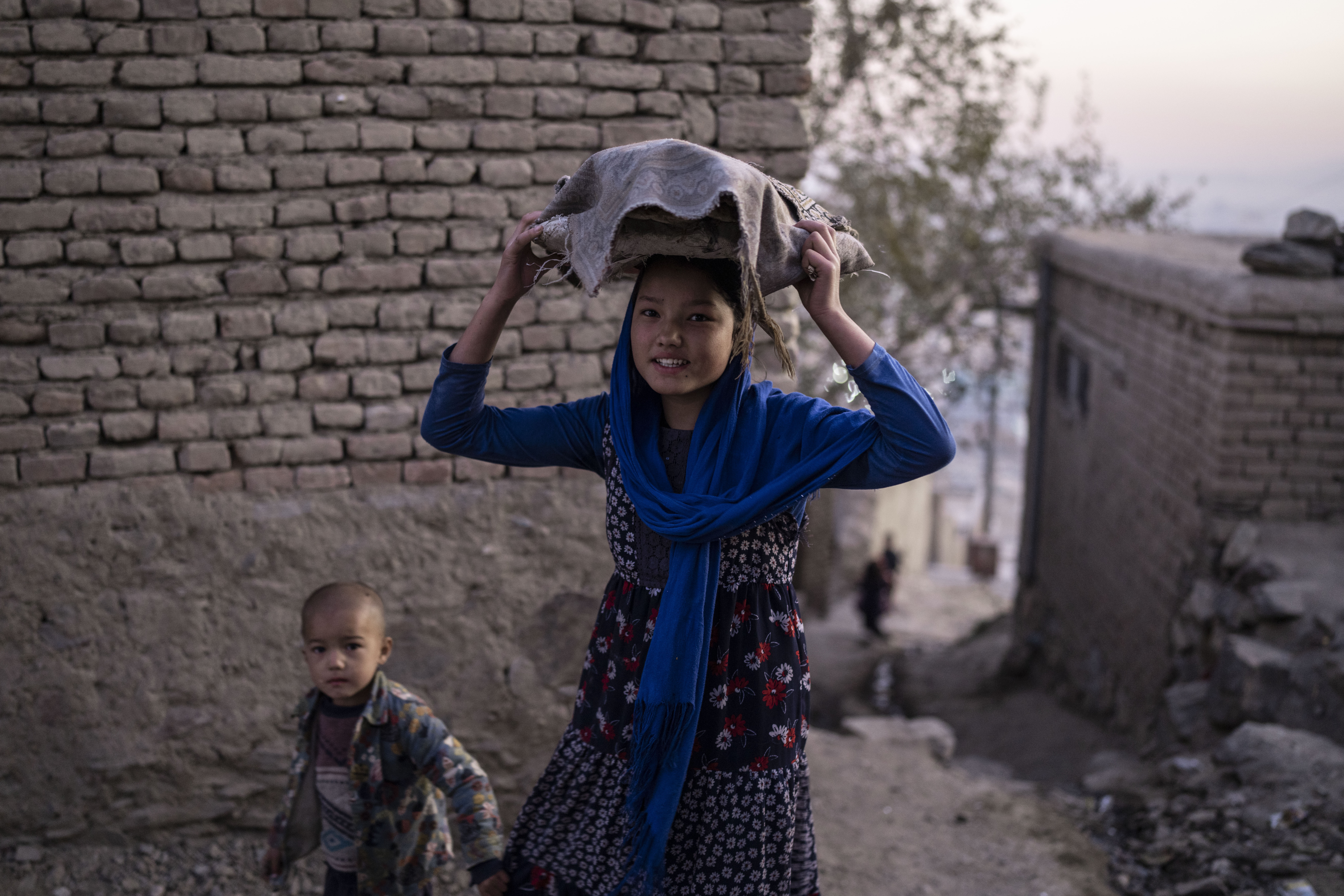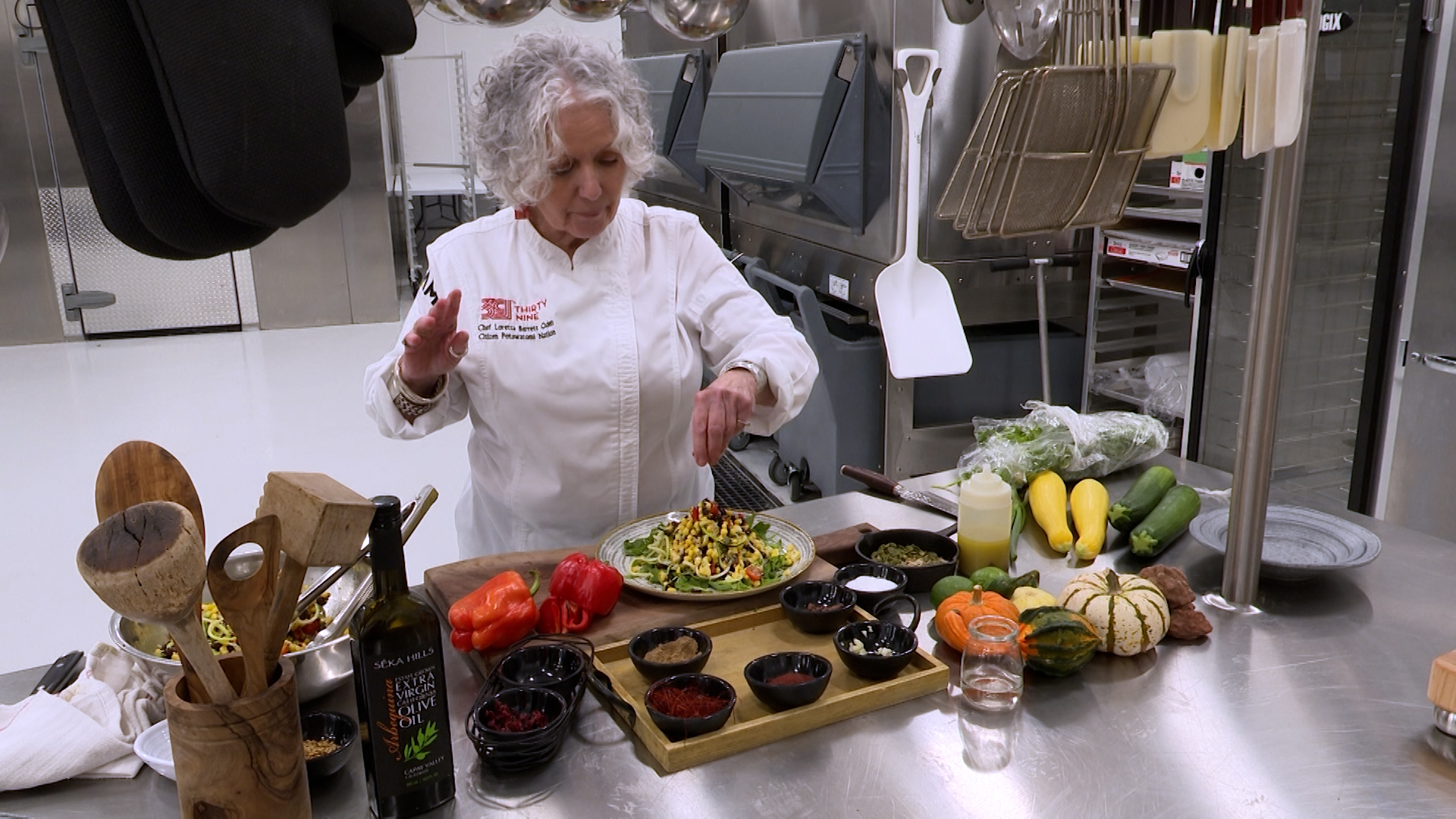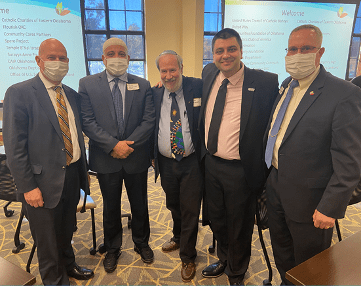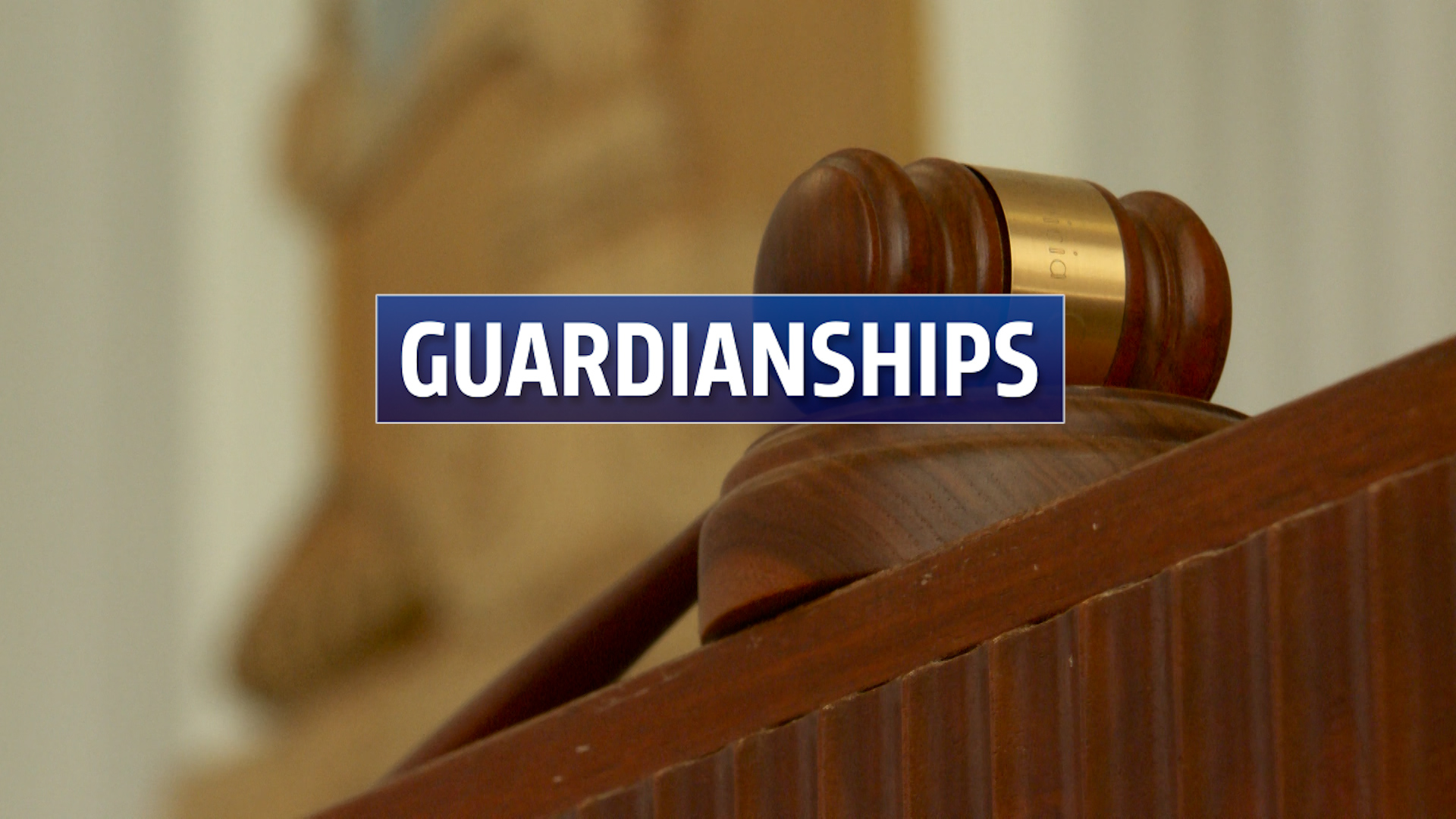OKLAHOMA CITY (KFOR) – “Our beginning started out from an act of racism.” said library manager Kimberly Francisco as she speaks about the legacy of the Dunbar Library in Oklahoma City, now called Ralph Ellison Library.
Dunbar was opened in December of 1921 in the city’s Deep Deuce area. It was built to give African Americans a library they could use after being barred from the city’s Carnegie Library.
“What we know is the Carnegie Library was often used by students to study,” Francisco told us. “There was in 1921 an instance where young men from Douglass High School were seen, as it was stated, flirting with, talking with young white girls. So again, a tale as old as time. That happened in March. Then in April is when the board voted to exclude services to negroes.”
The publisher of the Black Dispatch newspaper in the 1920s, along with black citizens, kept pushing for library service for the black community. That led to the opening of the Dunbar library.
The Metropolitan Library System is commemorating the 100th anniversary of Dunbar with banners, exhibits and a video reel.
They are also looking for folks who can provide an oral history.
“Something they remember from the library, going with a relative or going with friends,” said Judie Matthews, a special collections librarian. “Hopefully capturing something we don’t have in our minutes or photos we have. Lived experiences that haven’t had a chance to be shared before.”
Ralph Ellison Library will have the Dunbar exhibit on display well into January, and then it will be moved to other libraries in the Metropolitan System.
The library’s name was changed in the 1970s to honor the African American scholar and novelist Ralph Ellison, who was from Oklahoma City.
Meanwhile, Francisco says to her it’s about a journey.
“For me, It’s really about the authentic telling of our history. It’s difficult. It’s a difficult history to bear and a difficult history to hear, but it’s necessary.”
